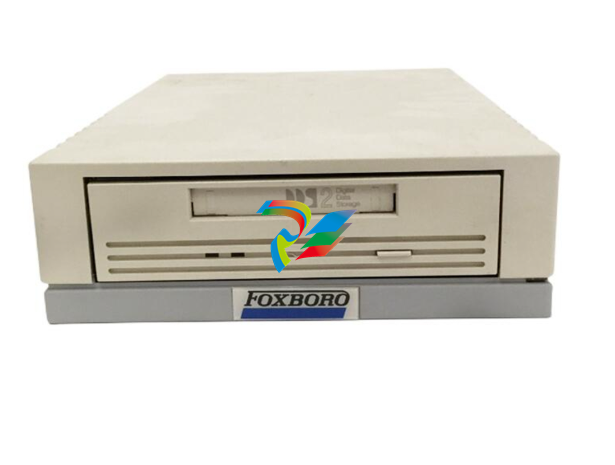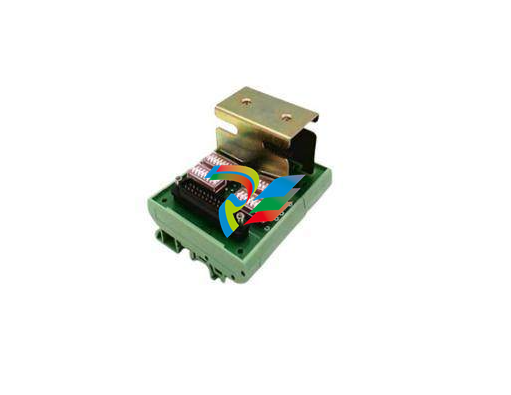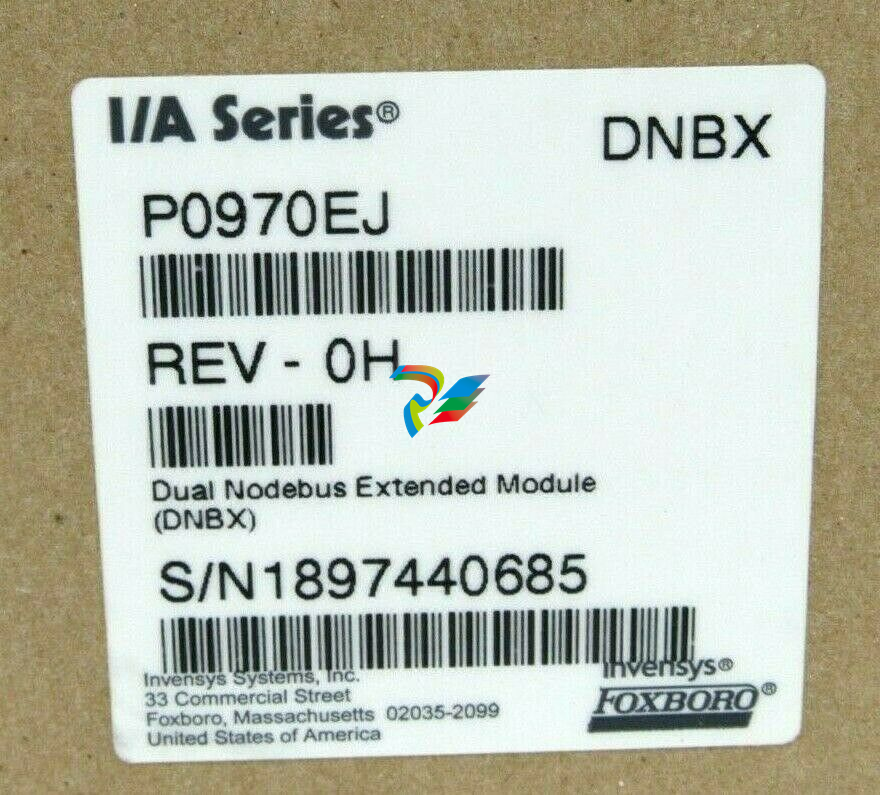
Industrial DevOps Is Redefining PLC Engineering Process
Founded in Munich, Germany in 2021, Software Defined Automation is a venture-backed company that provides an industrial DevOps platform for automation engineers. The platform offers version control, browser-based engineering, secure remote access, virtual programmable logic controller (PLC) orchestration, automated backup and artificial intelligence (AI)-powered documentation generation for industrial automation code.
Software Defined Automation got its start because today’s automation engineers have a tough job. They manage PLC code in different versions of a vendor’s engineering software, the versions are often incompatible, and legacy code that is poorly documented is hard to troubleshoot or update. Increasing the challenge is a lack of young, skilled talent coming online to help. Young engineers just don’t want to develop in environments that date back decades, and the whole engineering process has been missing tools that work across vendors, which can cause operational inefficiencies, increased downtime, security risks and higher costs.
To ease the engineers’ burden, Software Defined Automation provides a centralized, cloud-based platform for managing multi-vendor industrial automation assets, including PLCs, robotics and drives, without requiring on-premises software installations.
Industrial DevOps is the primary focus
DevOps is a software development methodology. DevOps integrates and automates the work of software development (Dev) and IT operations (Ops) as a means for improving and shortening the systems development lifecycle. Industrial DevOps extends both the “development” and the “operations” part of DevOps to industrial systems. Industrial DevOps tools support emerging best practices for orchestrating both new and legacy PLC systems programmed in a variety of languages in a vendor-neutral framework and offer manufacturers’ engineering teams remote collaboration, approval workflows, scalability, accessibility and project management (Figure 1).

For Software Defined Automation, industrial DevOps includes:
Version control
Browser-based engineering
Secure remote access
Virtual PLC management
Automated backup
AI for Automation.
“Industrial DevOps is revolutionizing automation software development and management for all sorts of devices: PLCs, robots and drives,” said Kilfoy. “Manufacturers can now centralize code repositories, enable remote collaboration, enforce their enterprise and regulatory standards, and streamline testing and deployment—all this helps them increase efficiency, reduce costs and downtime, and gain more control over the entire automation lifecycle.”
Automated backup
Software Defined Automation’s automated backups help users avoid costly hardware and software setups. The vendor-agnostic backup solution supports multiple vendors and versions from a single interface. Automated backup deployment reduces recovery time, which improves mean time to recover (MTTR). Backups across multiple factory locations can be managed centrally from a single interface, which ensures consistent business continuity and disaster recovery.
PLCs—or groups of PLCs—can be set to perform scheduled backups automatically, or individual backups manually. “We use our secure connectivity agent to check the code that’s on there, review it and compare it to the repository,” explained Kilfoy. “If it's the same, we do nothing. If it's different, we create a new version. We also can send out notifications on whether the backup was run or if it failed. We can also send a notification if a new version was changed.”
Version control
Version control allows teams to better collaborate more efficiently by knowing who made a change, when the change was made, what was changed and why the change was made. “We keep track of versions; we can tell you the source where those versions came from. We can tell you if it was uploaded or generated from a backup,” he said.
Software Defined Automation’s version control supports industries with stringent manufacturing change control regulations such as pharmaceuticals, food and beverage, medical devices and the like. It ensures that the right people have the right permissions to access the right programs. In addition, version control enhances productivity with tools that enable automation engineers to quickly review and visually compare program versions directly in a browser.
Browser-based engineering
Browser-based engineering is an IDE as a Service (IDEaaS) that lets users securely access integrated development environments (IDEs) from any browser and Internet connection. This technology allows users to access multi-vendor and multi-version IDEs like Rockwell and Siemens directly from their browser. Secure remote access allows virtual private network (VPN)-secured sessions with fresh, disposable IDE copies for each session. License sharing allows users to pool and share licenses to boost utilization and save costs. Browser-based engineering simplifies management because fully patched IDEs are always up to date, avoiding hardware burdens.
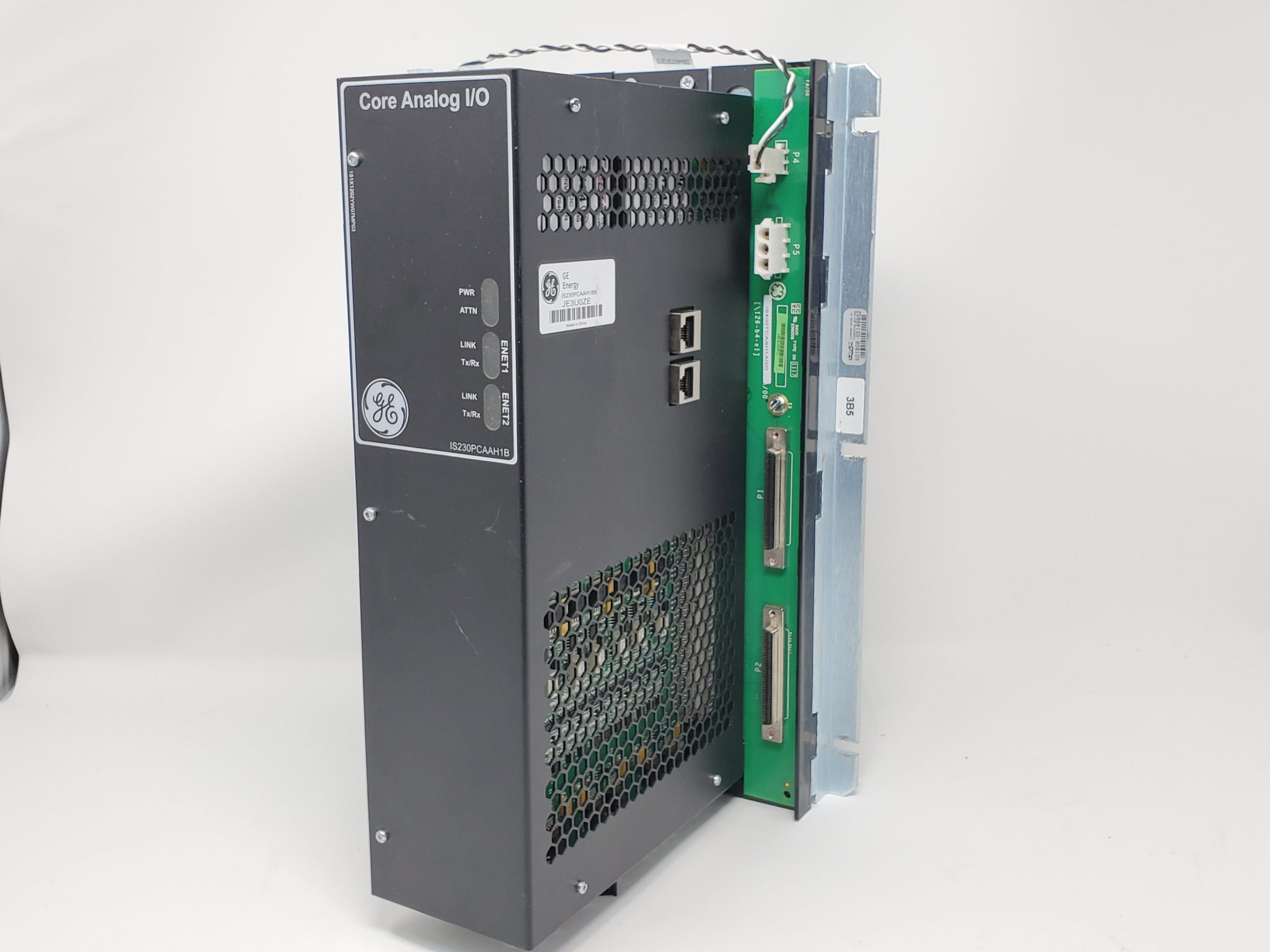

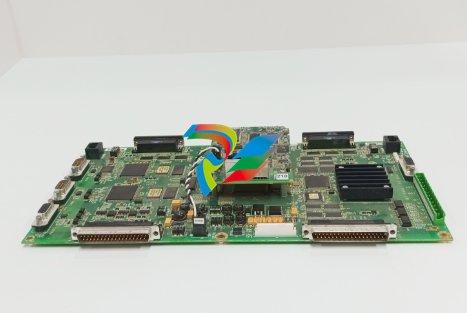
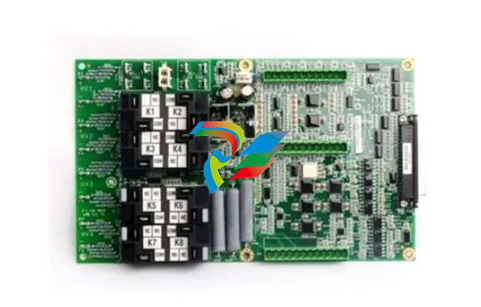
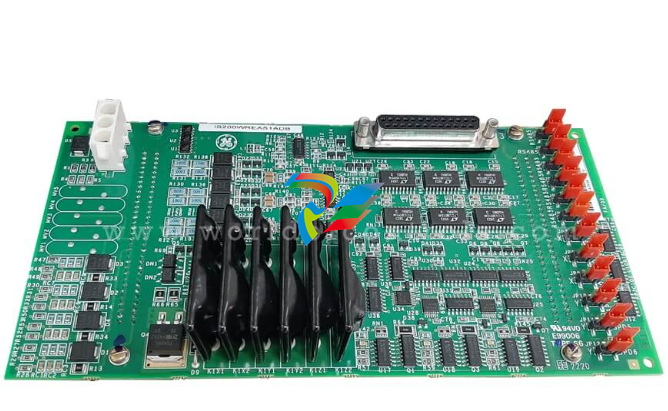
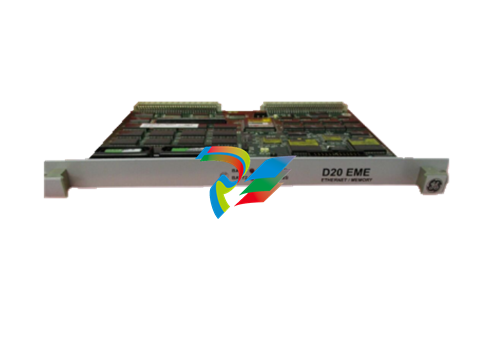
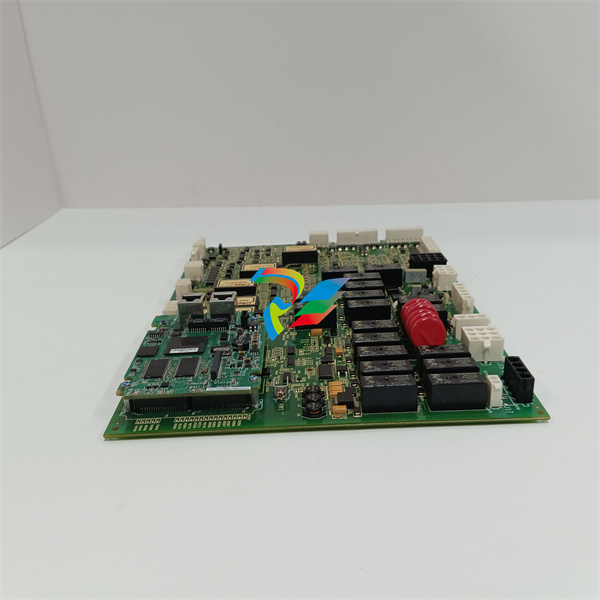
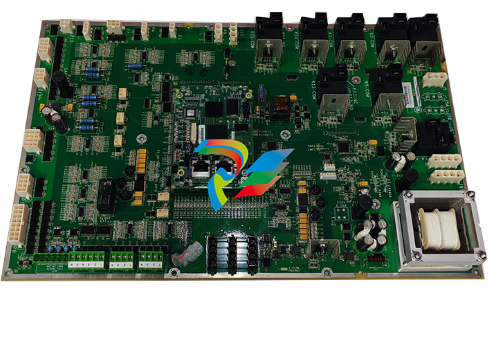
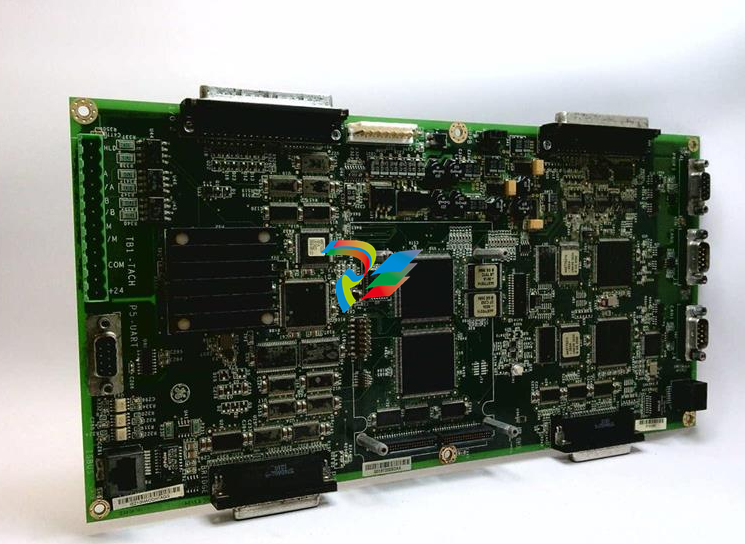
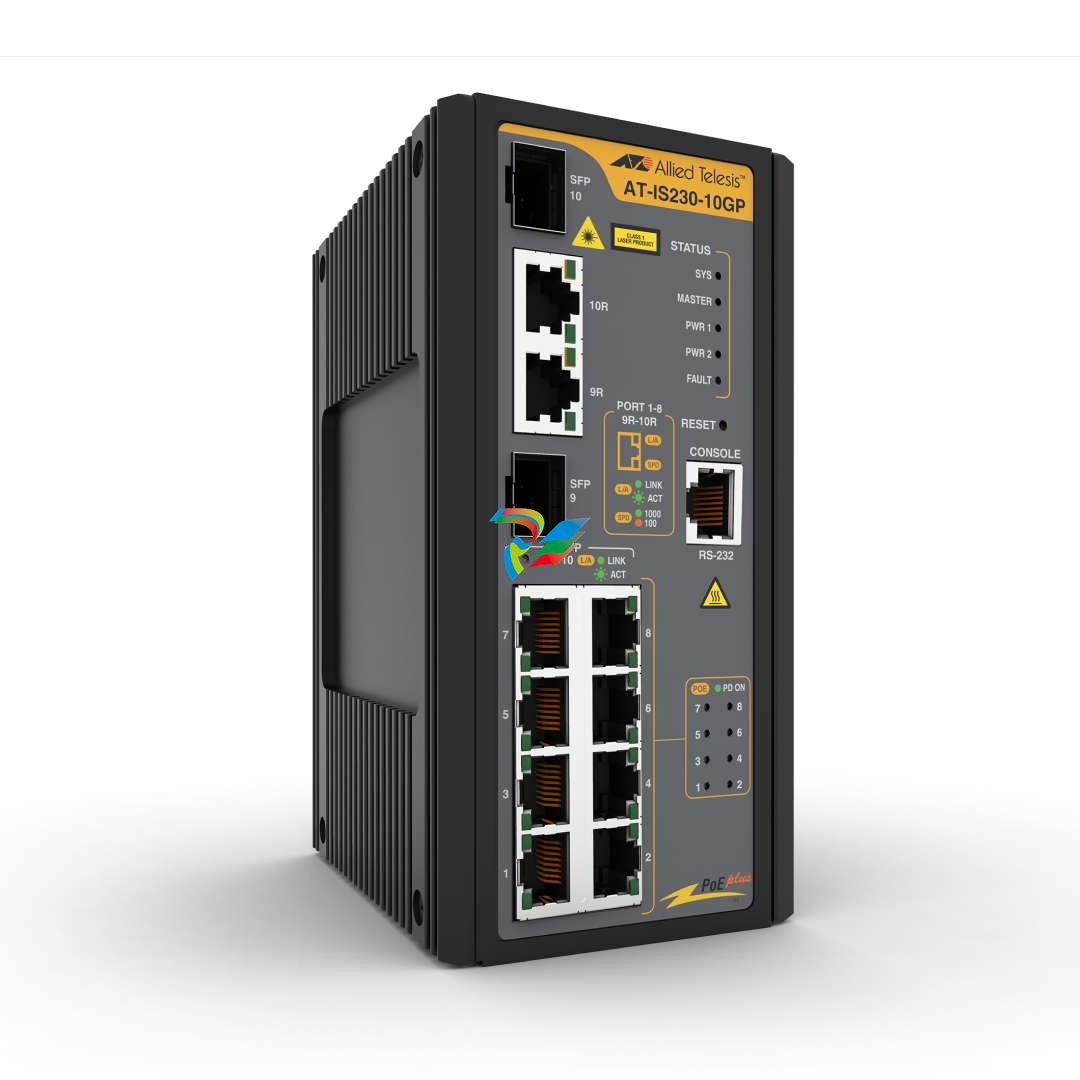
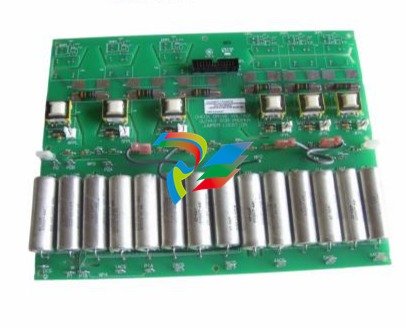
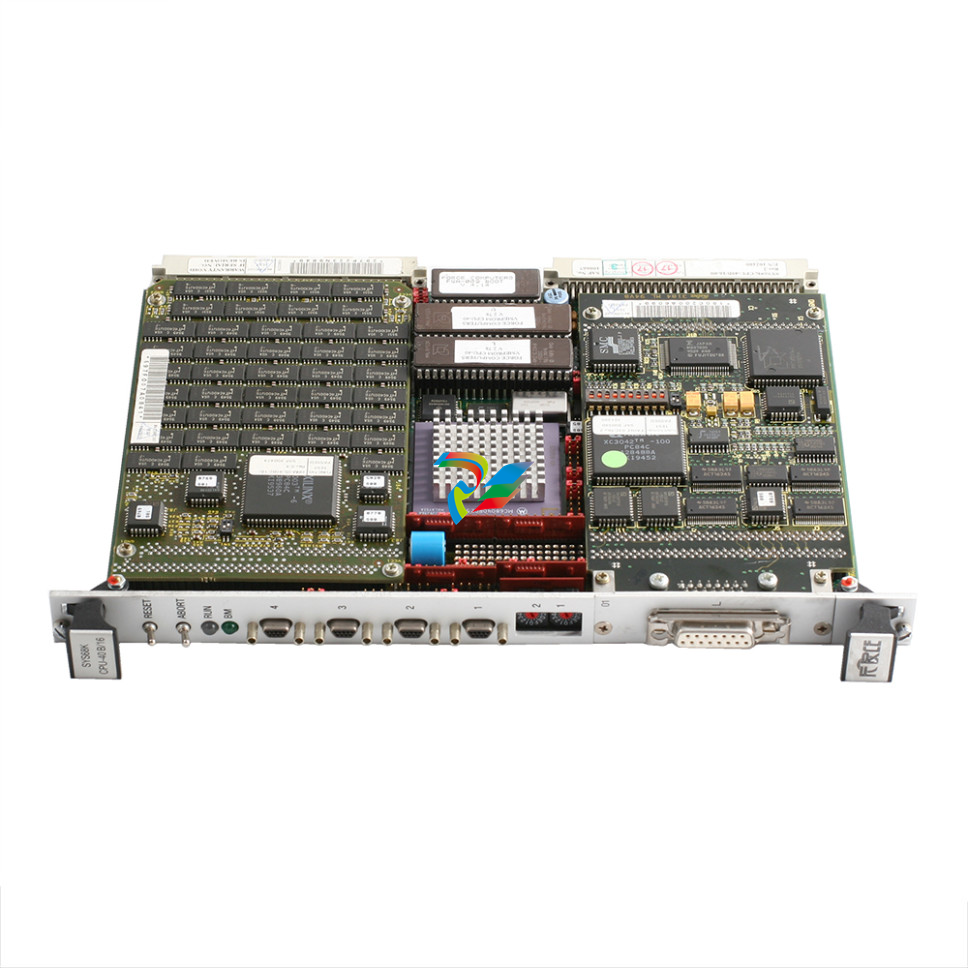
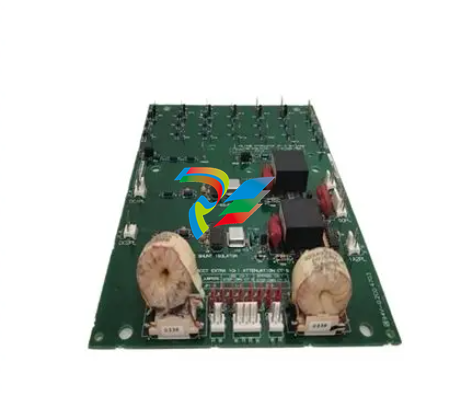
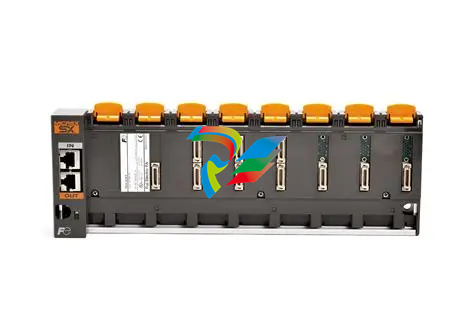
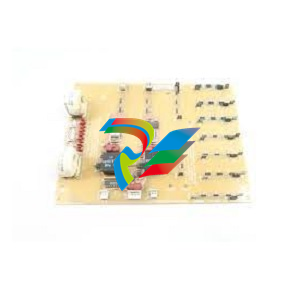
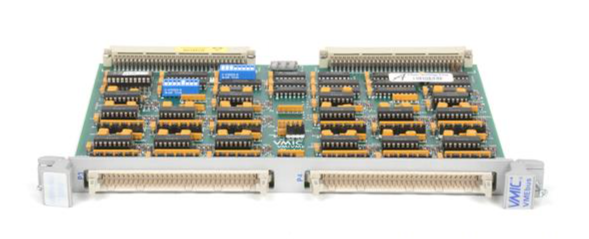
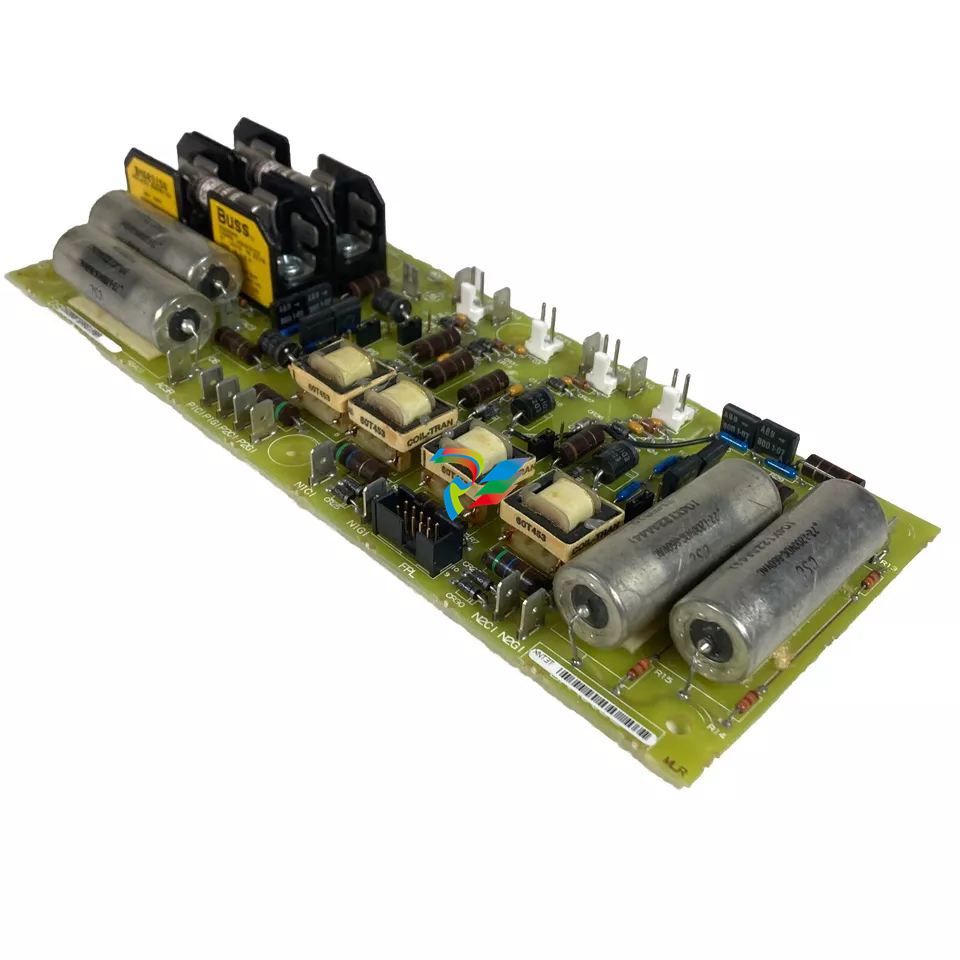
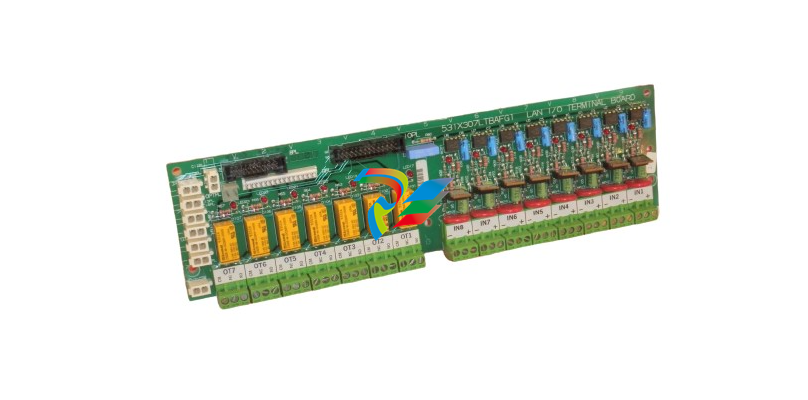


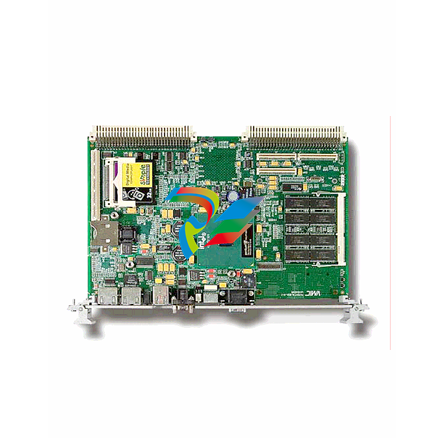
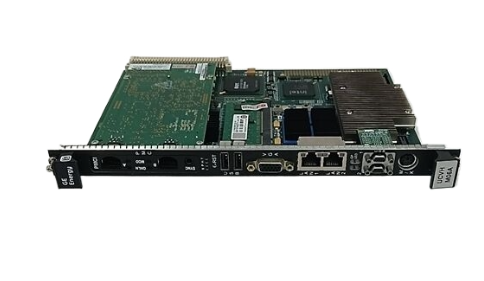
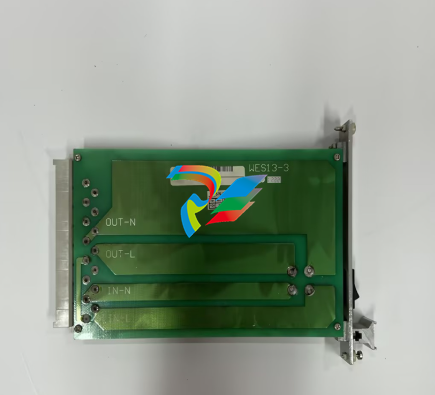
.jpg)
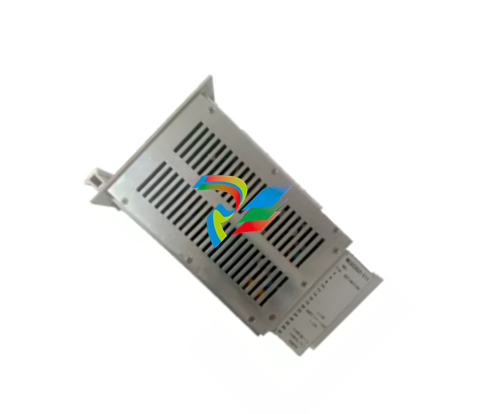
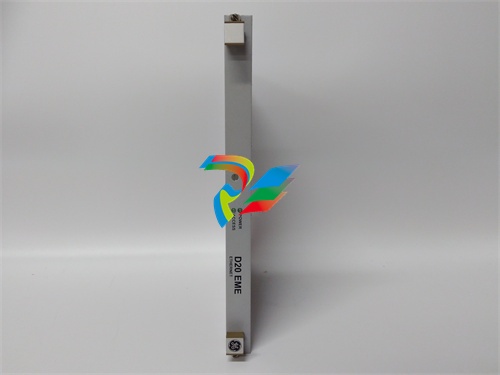
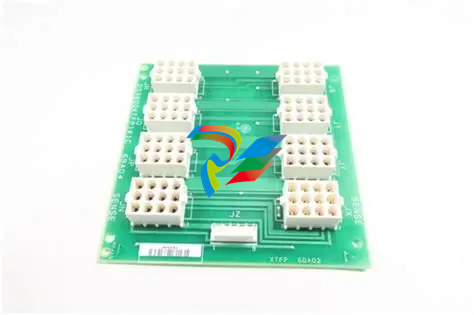
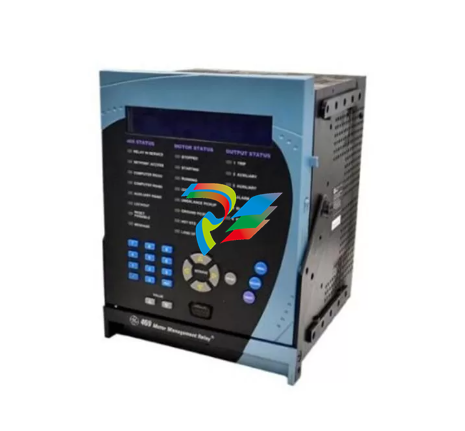
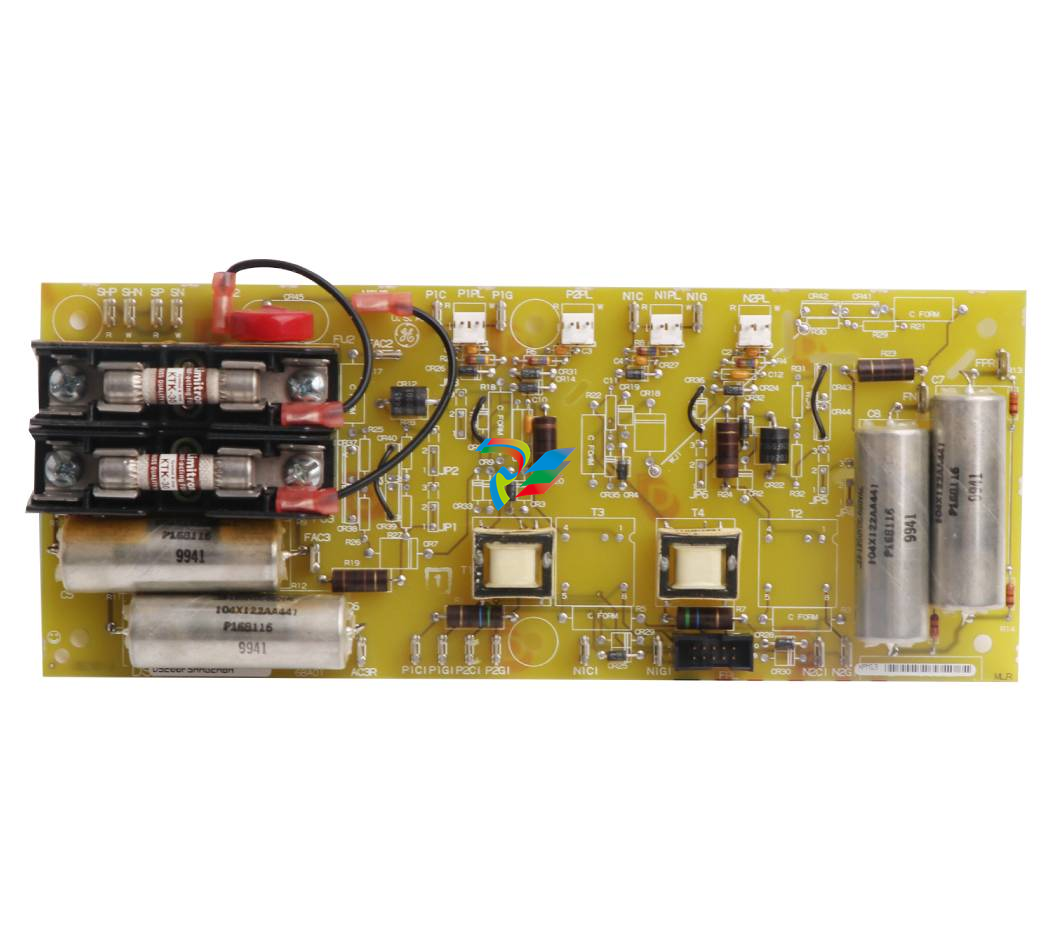
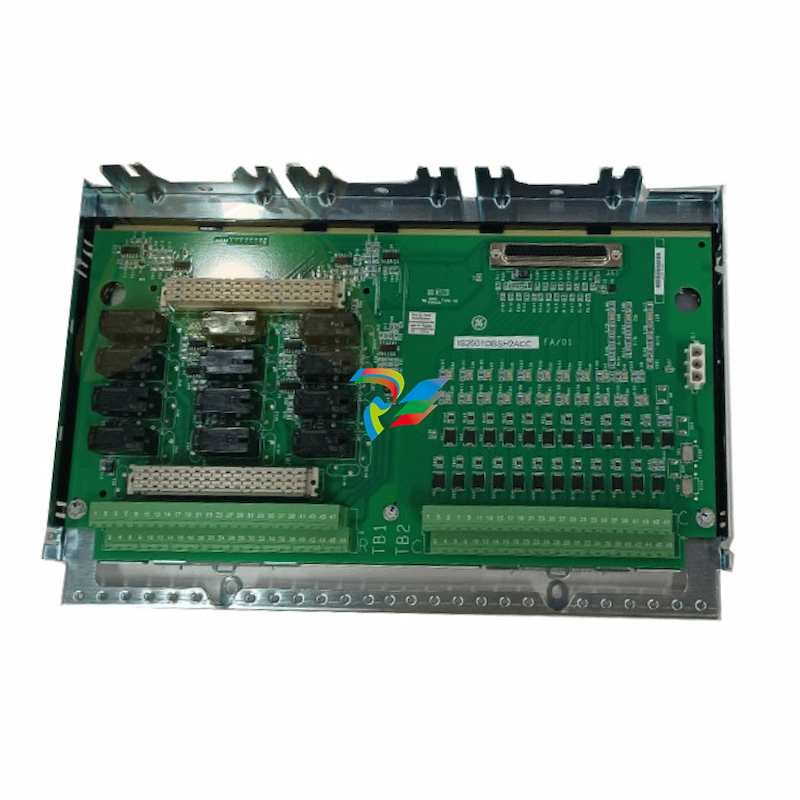
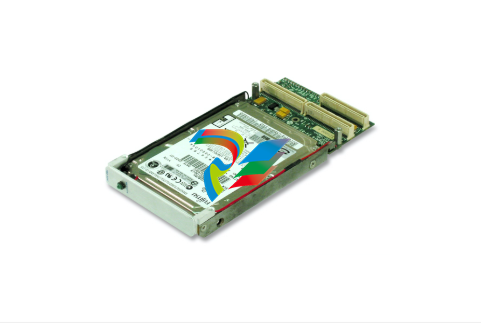
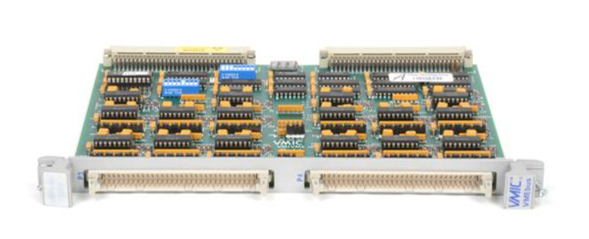
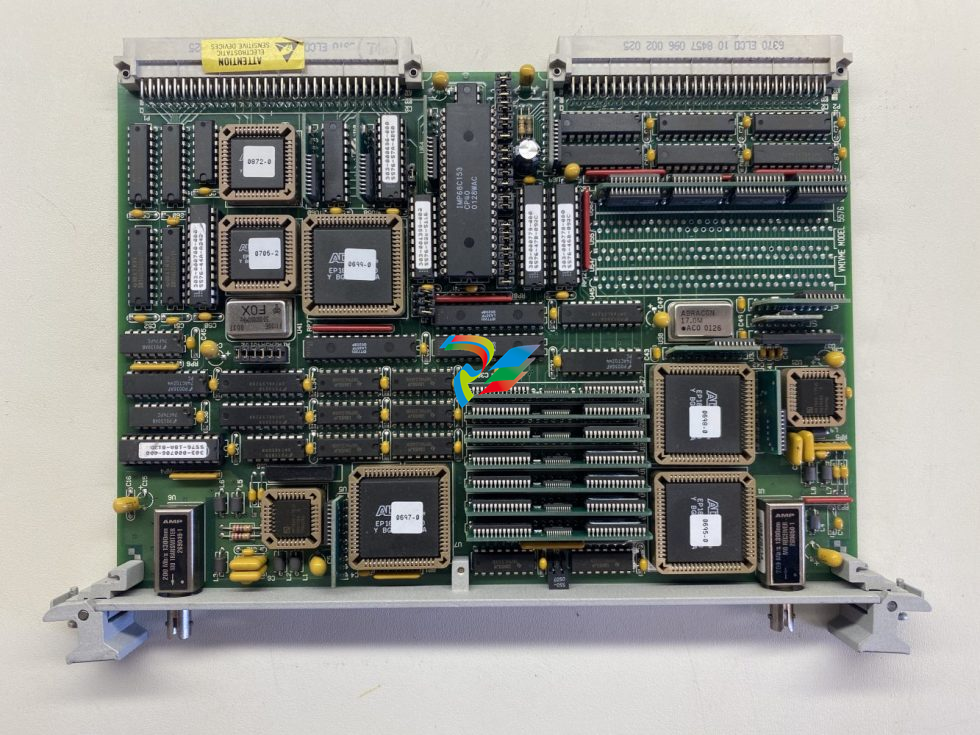
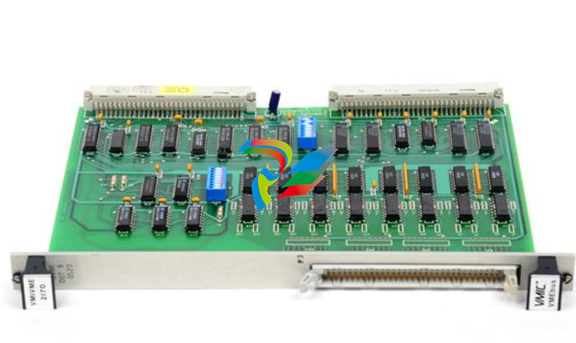
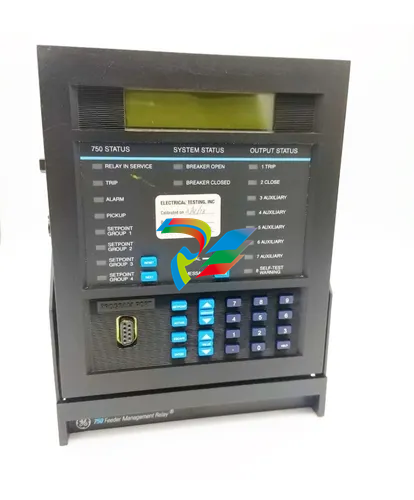
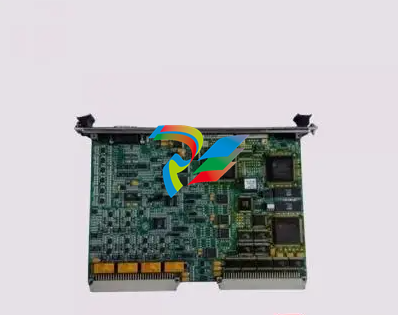
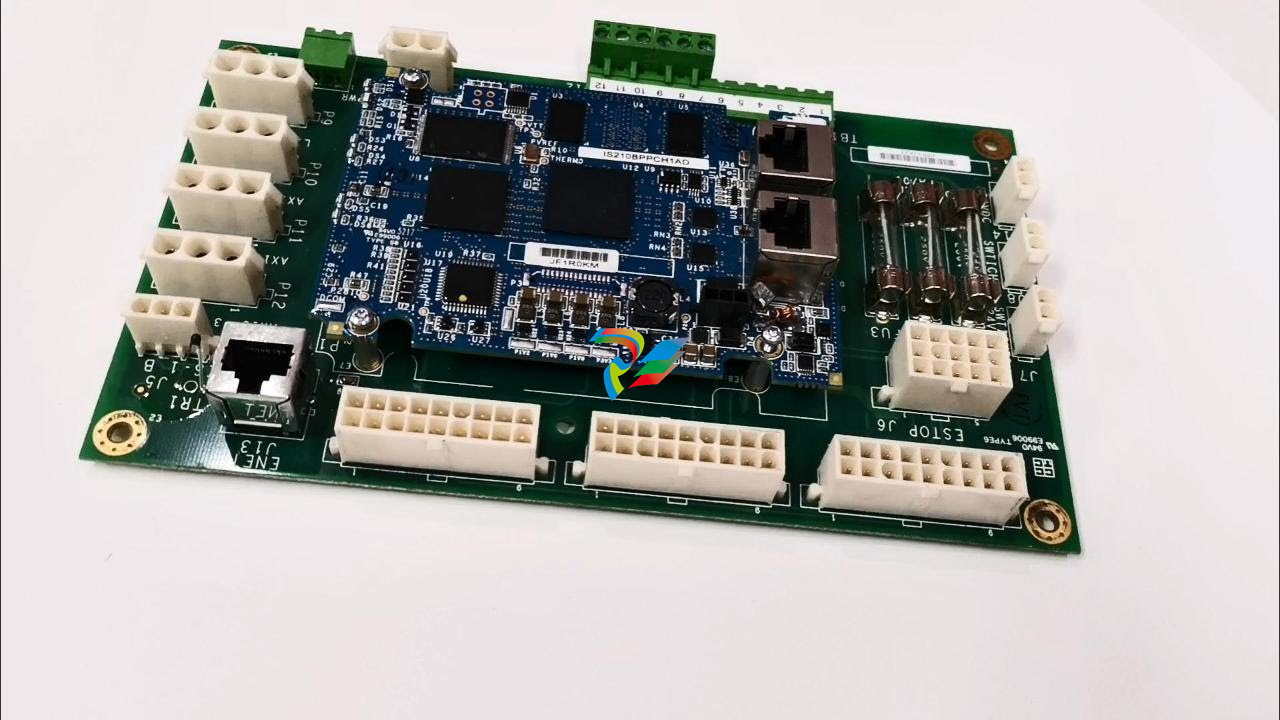
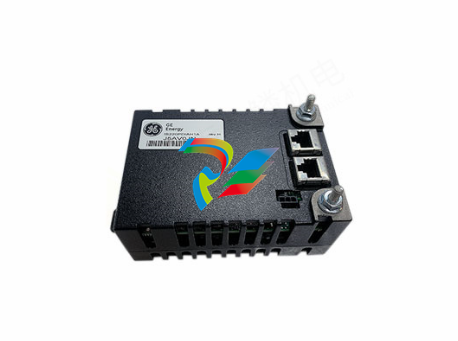
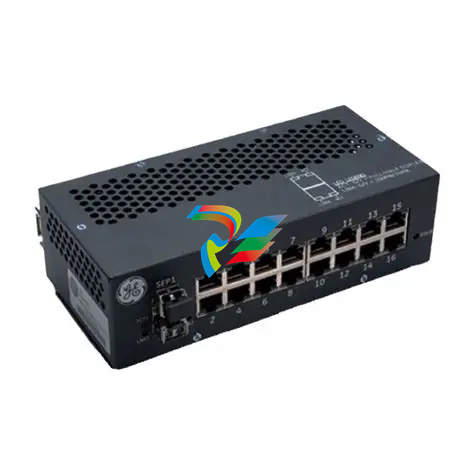
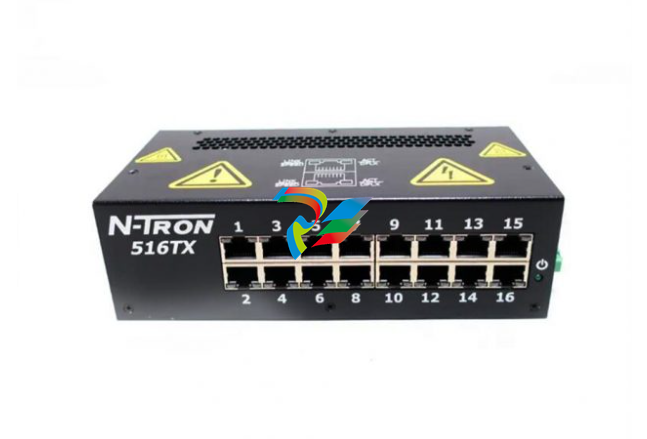
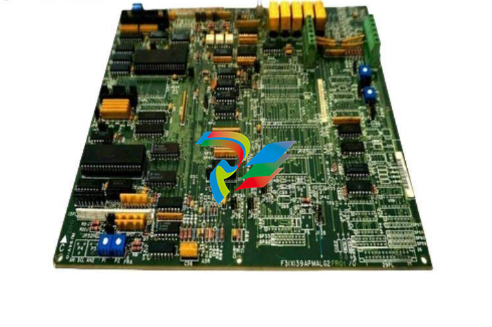
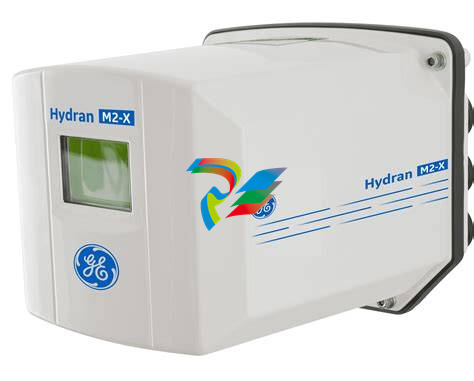
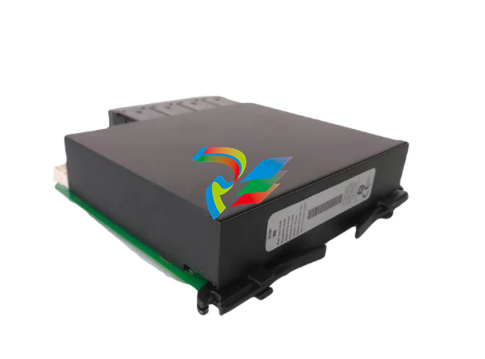
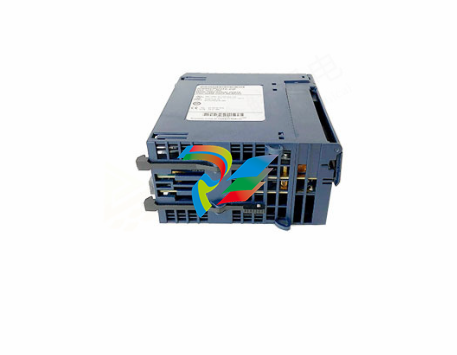
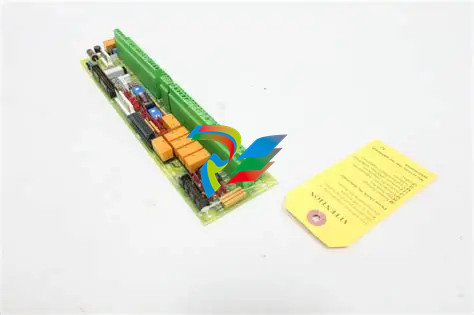
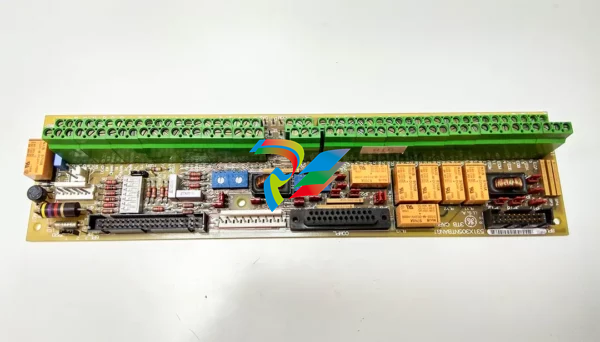
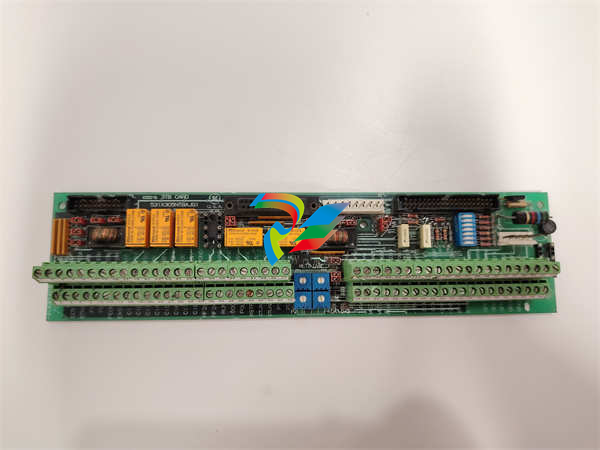
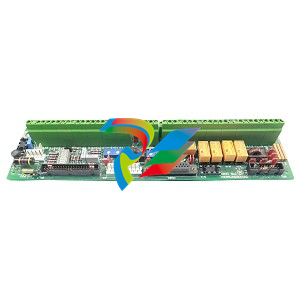
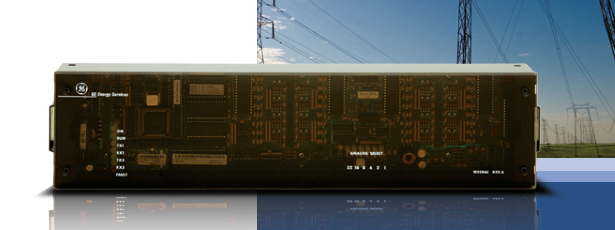
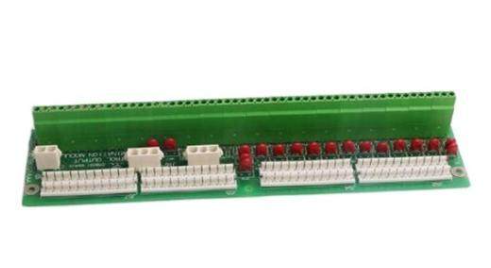
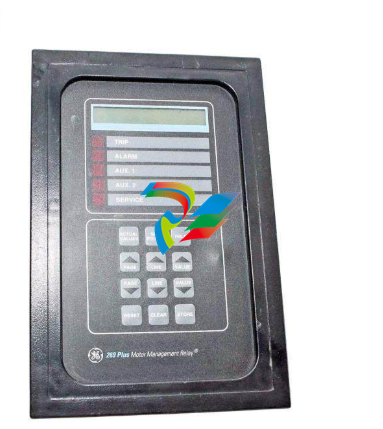
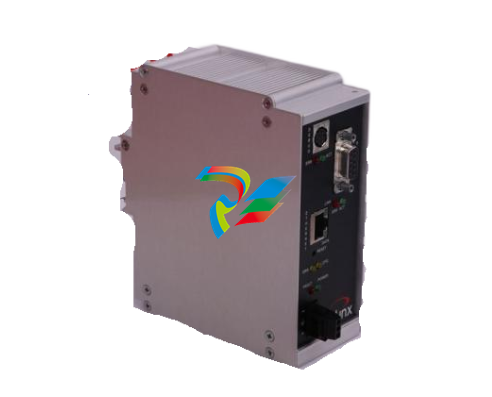
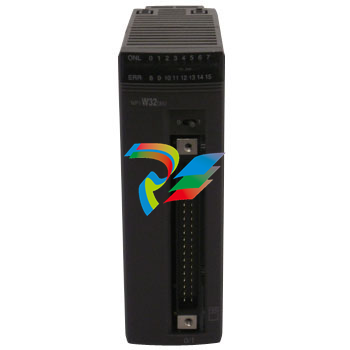
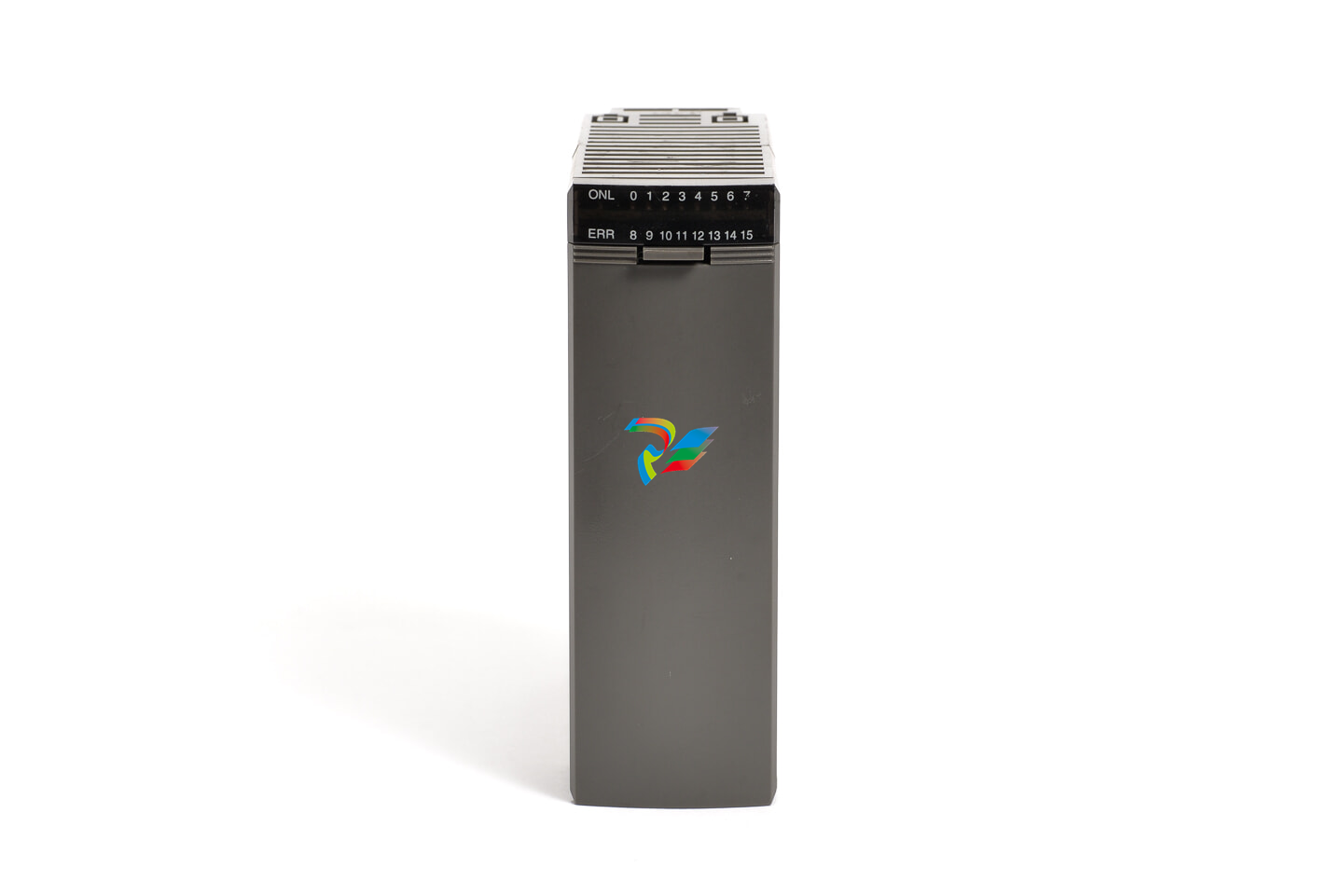
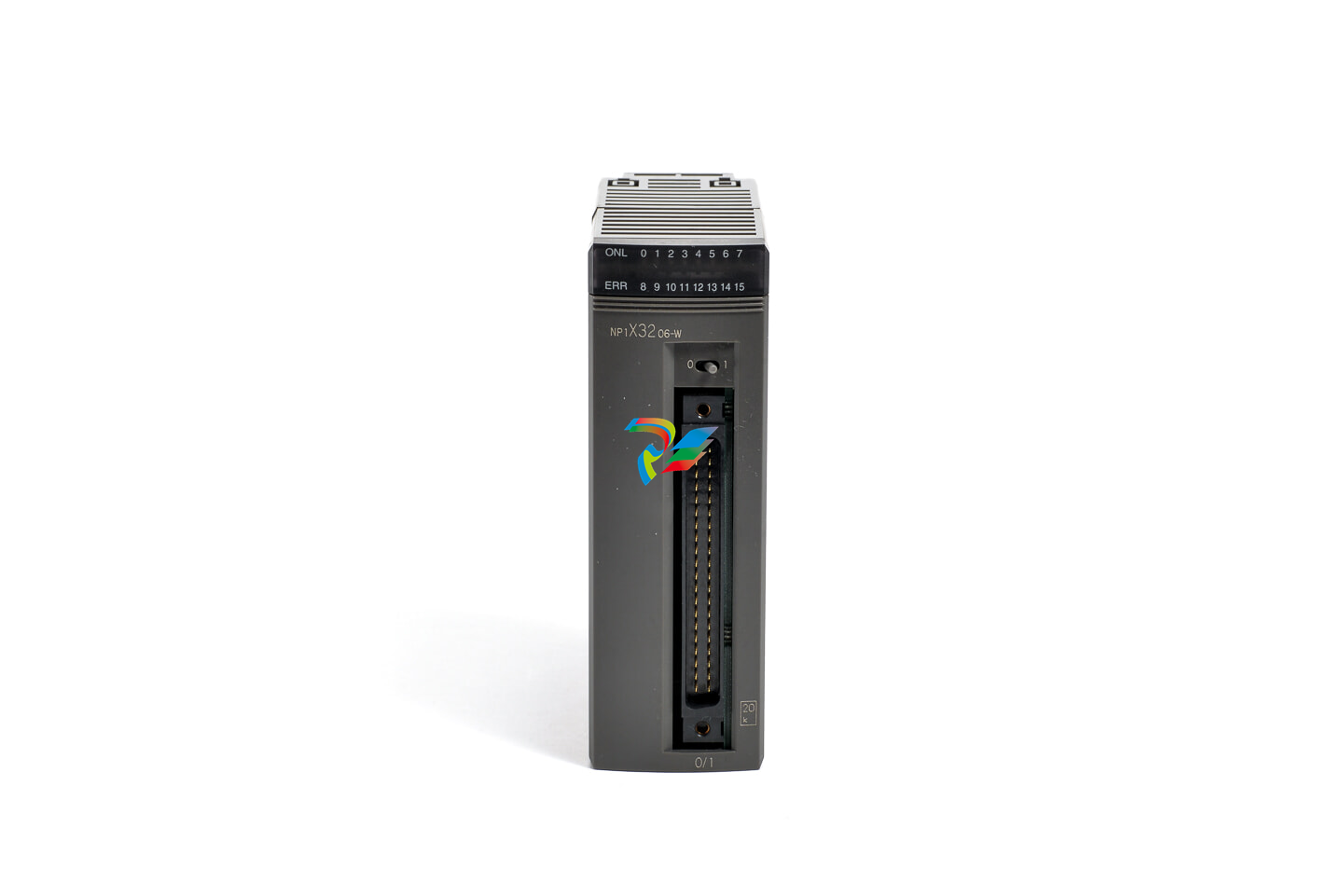
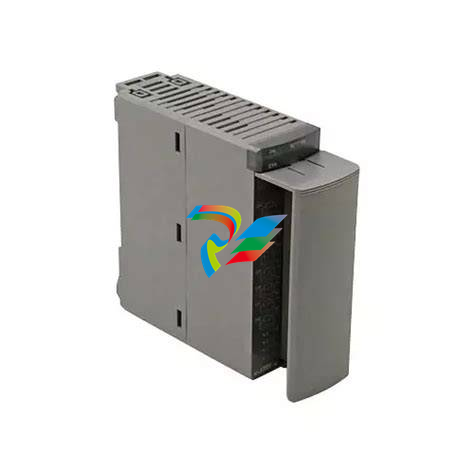
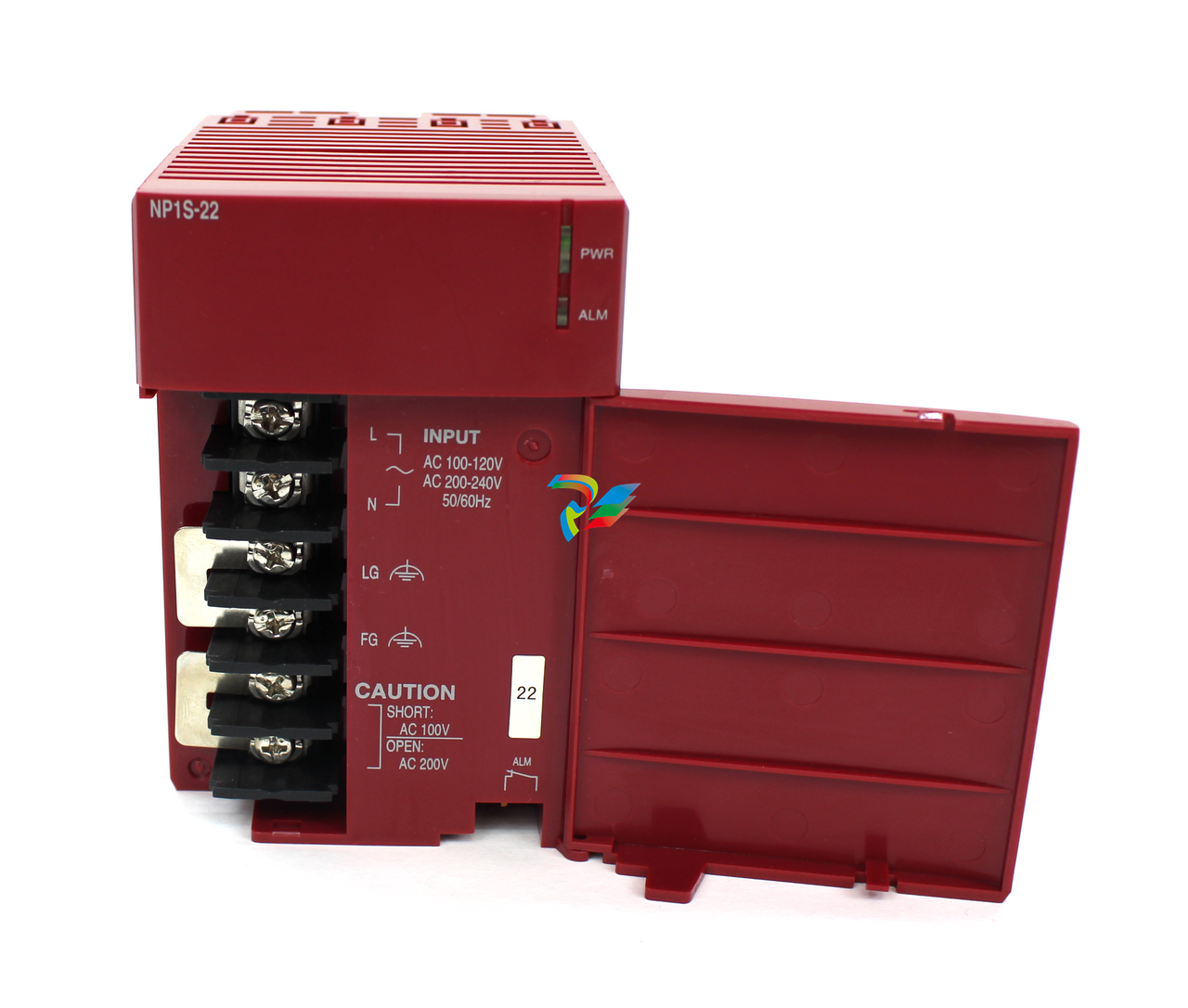
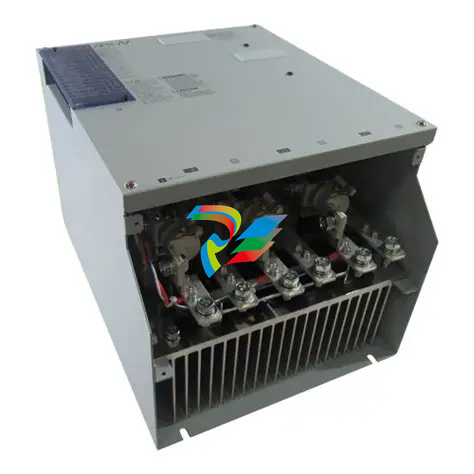
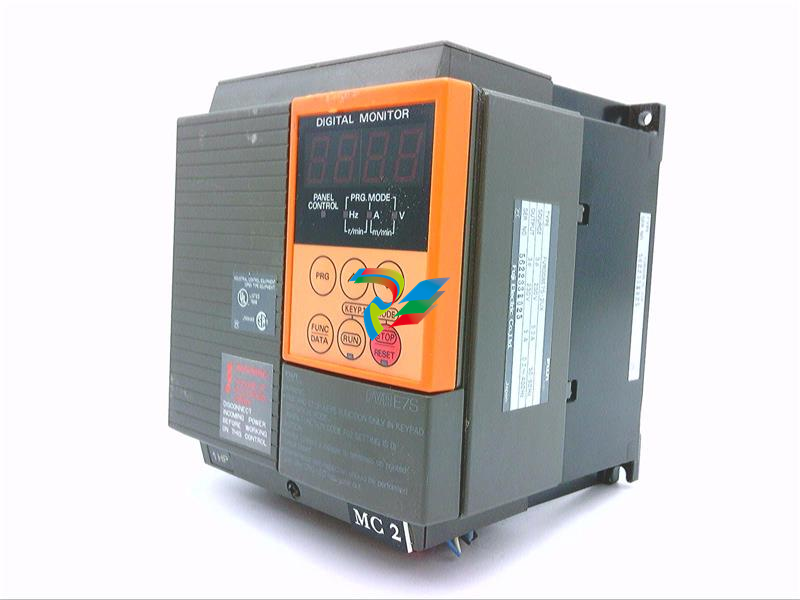
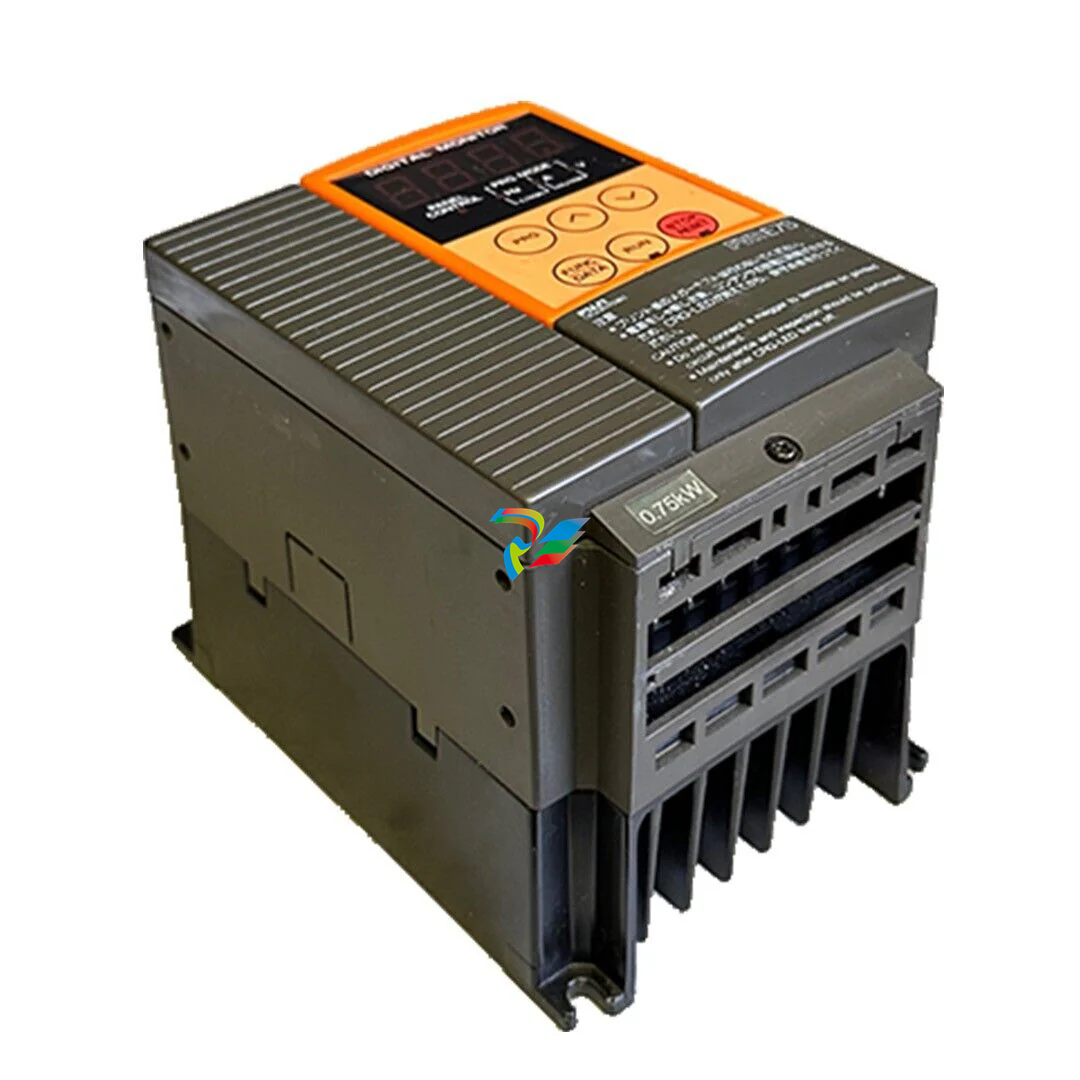
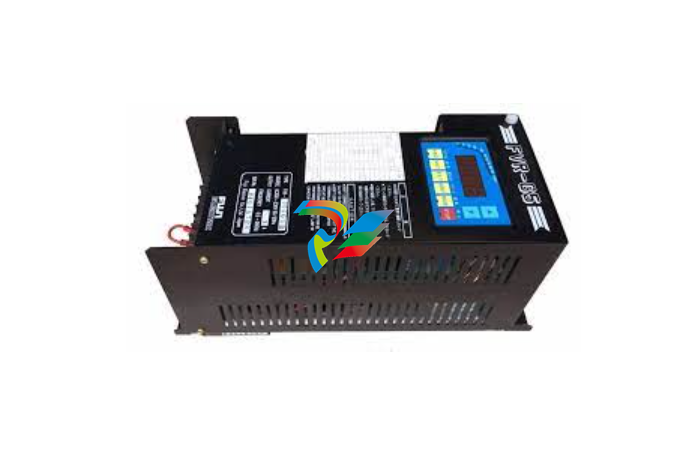

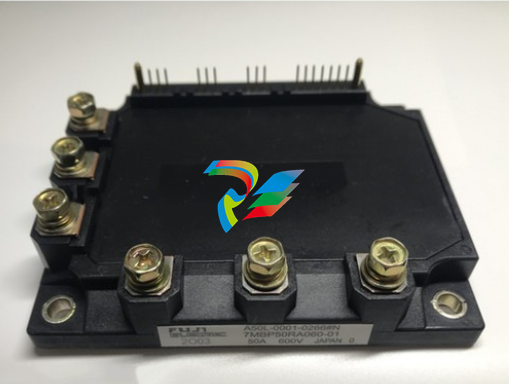
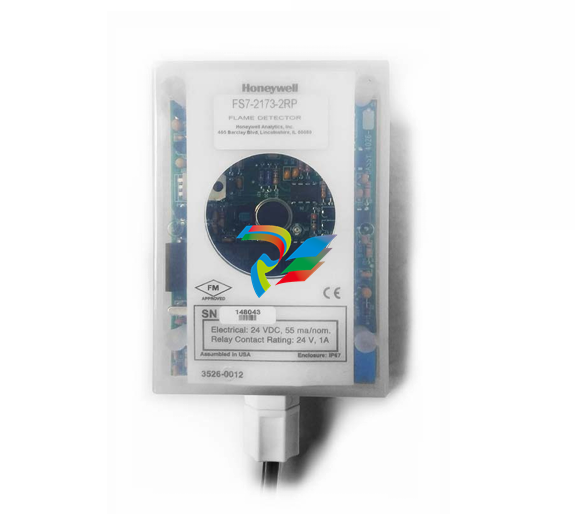
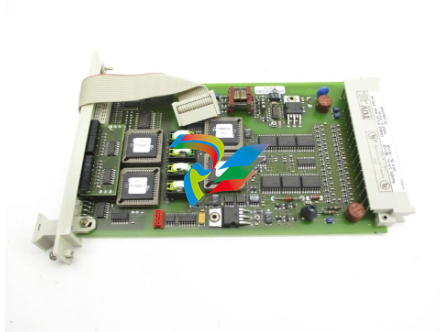
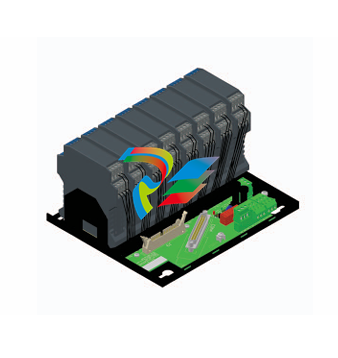
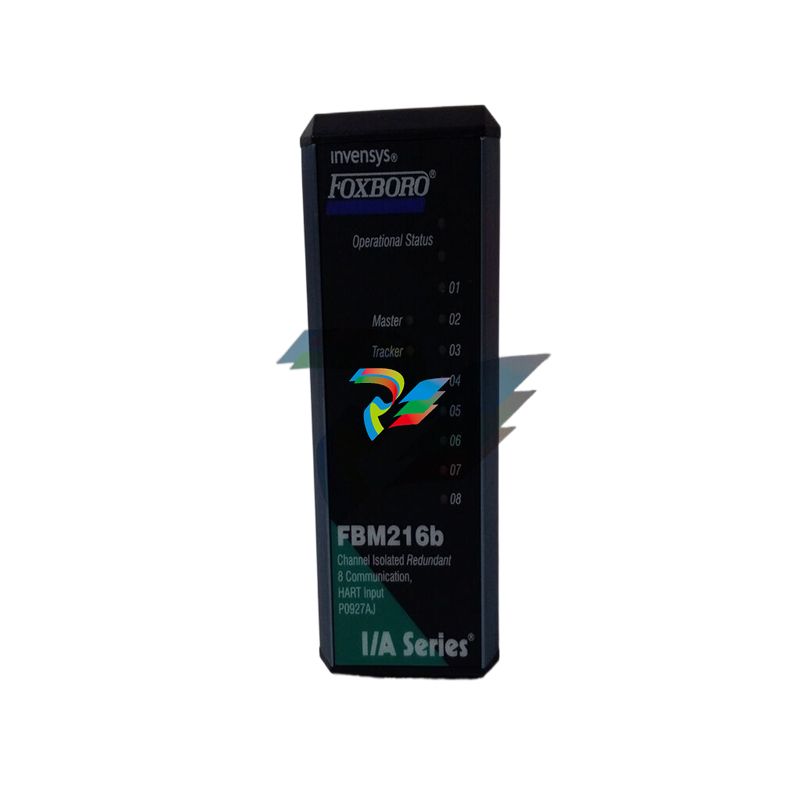
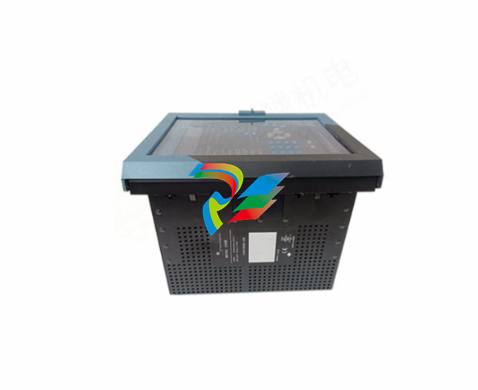
.jpg)
.jpg)
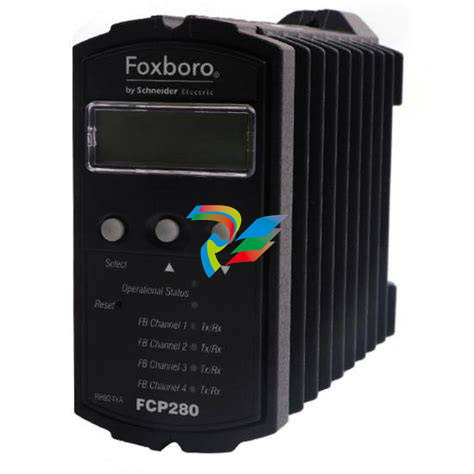
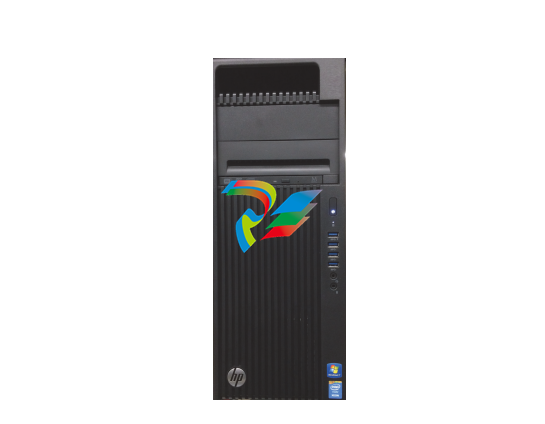
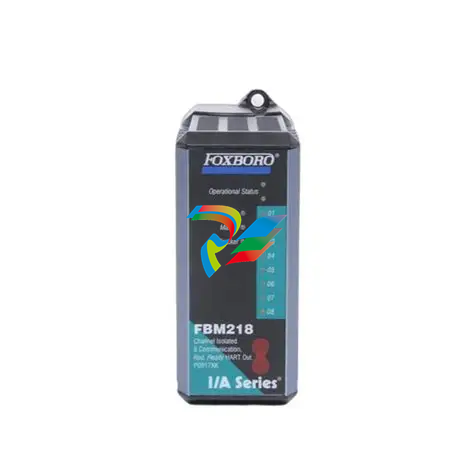
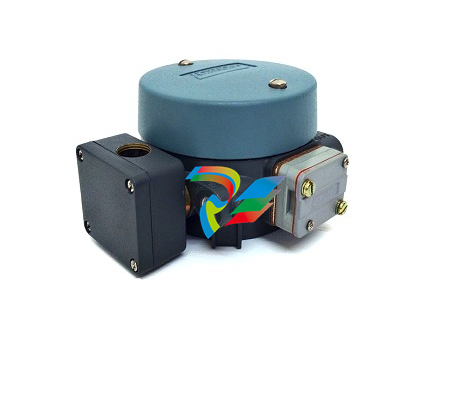
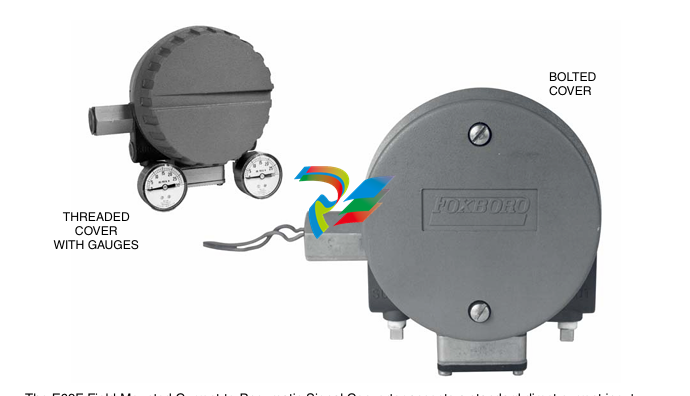
.jpg)
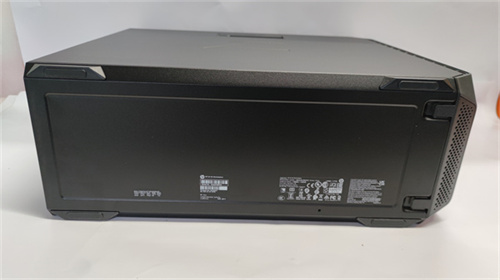
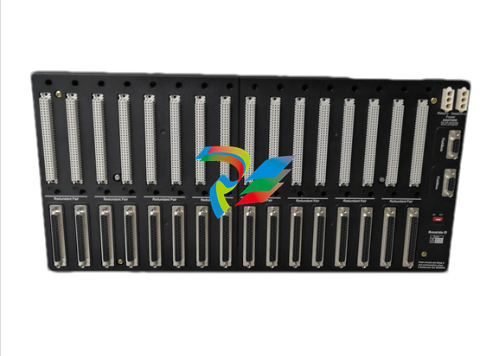
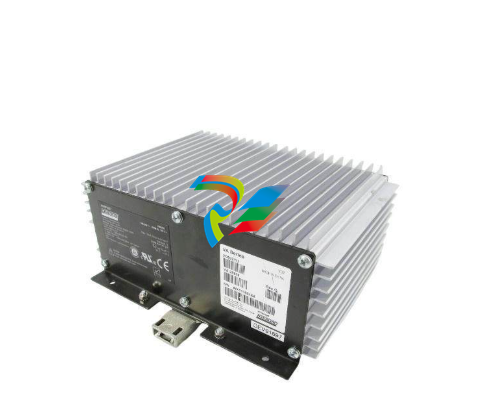
.png)
.jpg)
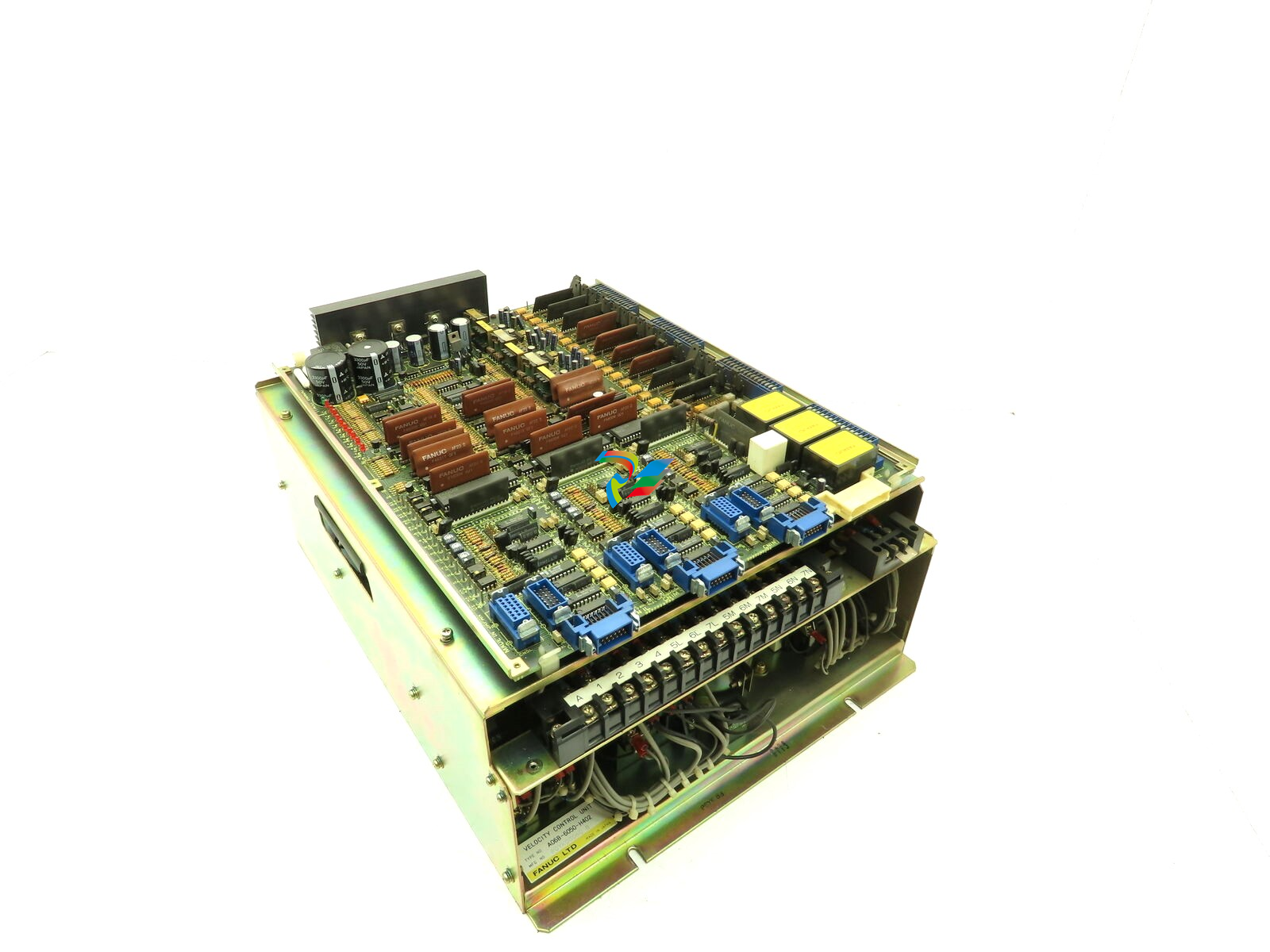
.jpg)
_lVjBYb.jpg)
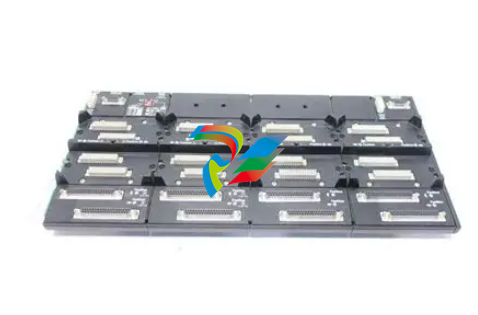
.jpg)
.jpg)
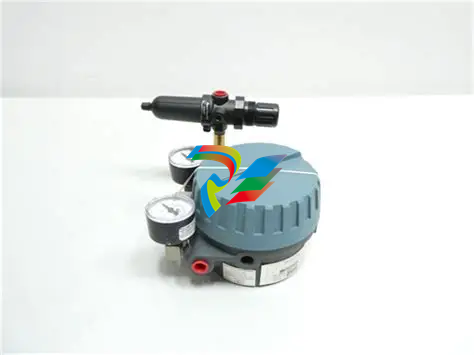
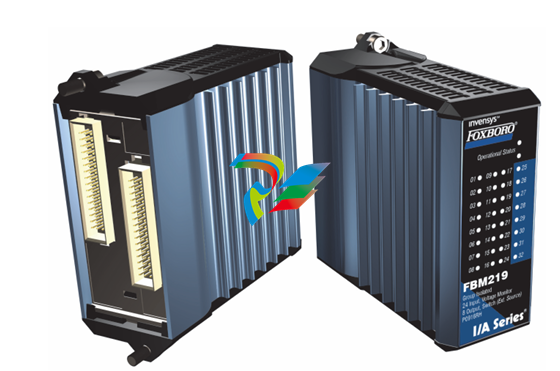
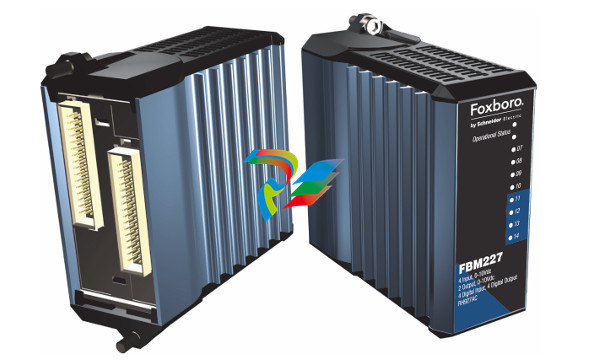
.jpg)
.jpg)
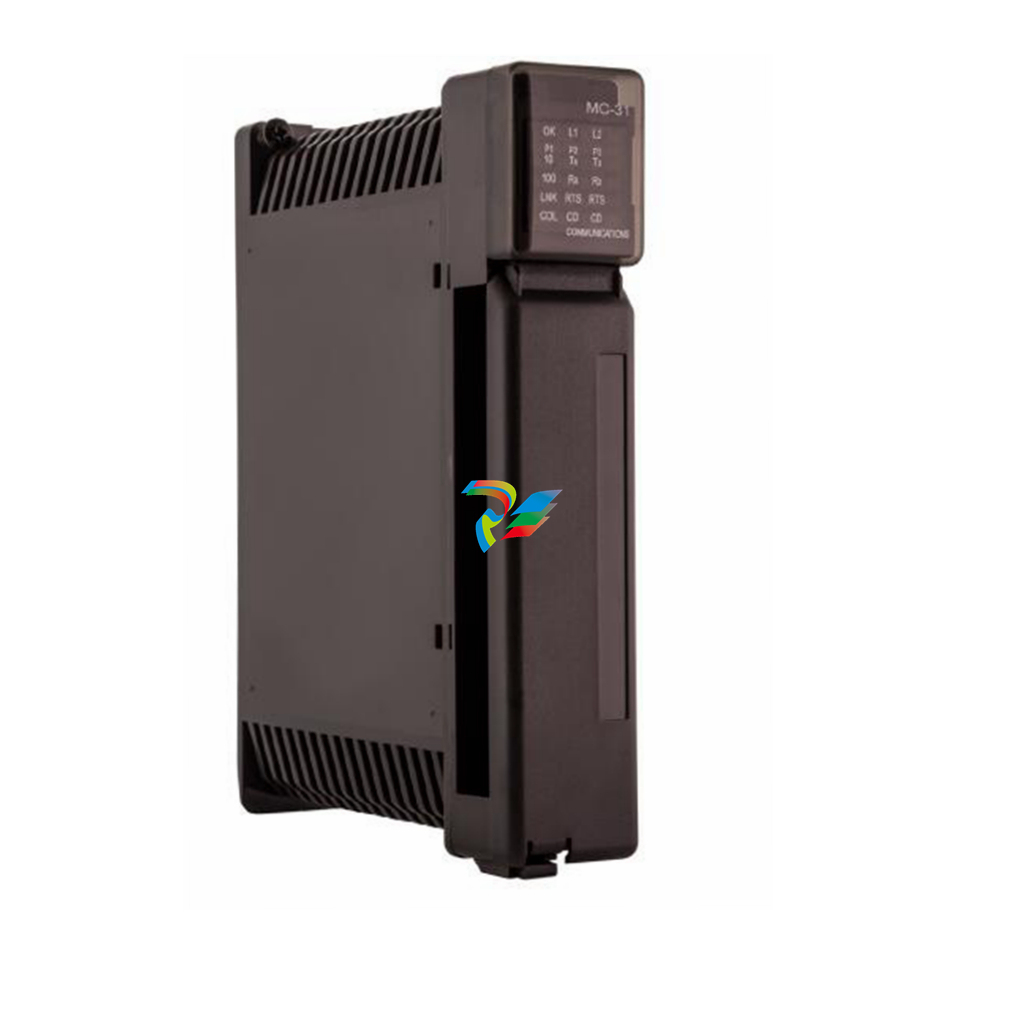
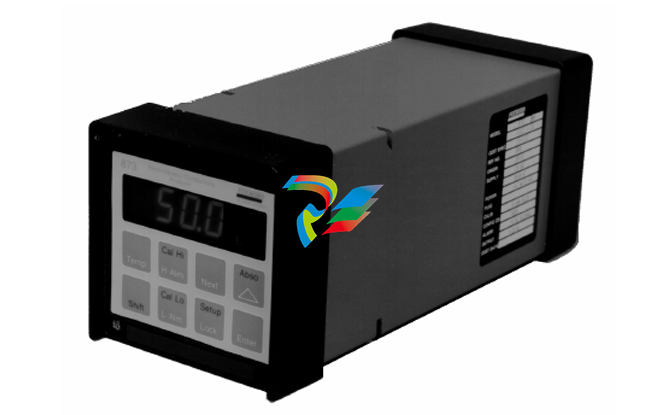
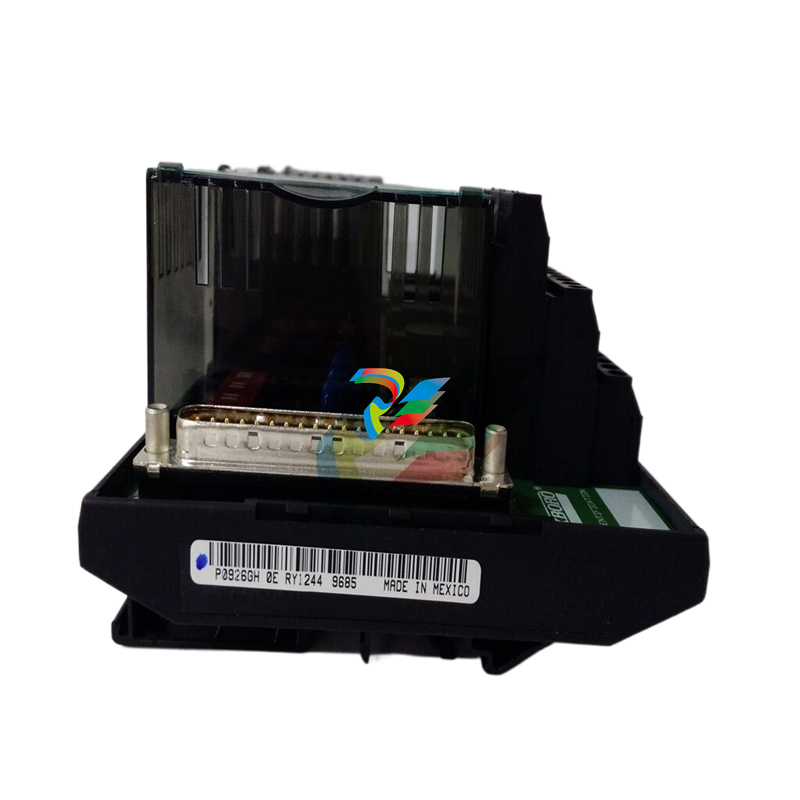
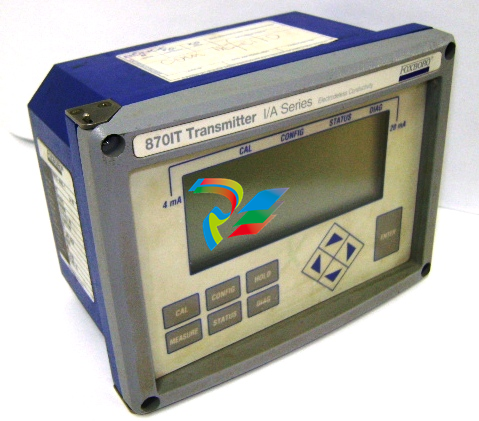
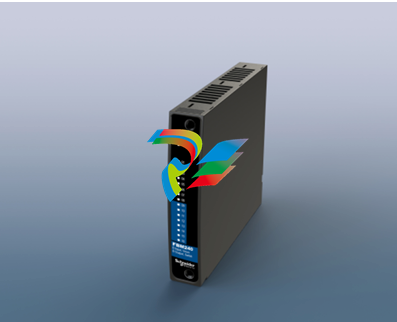
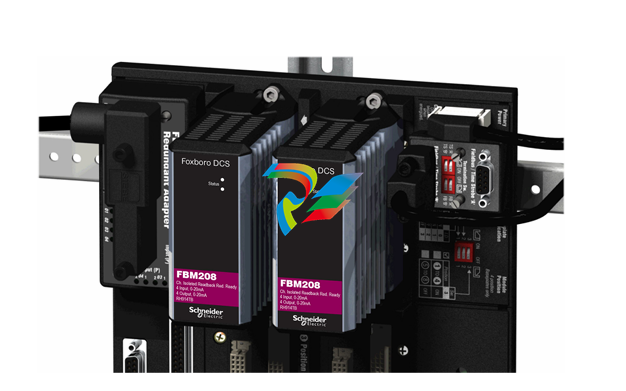
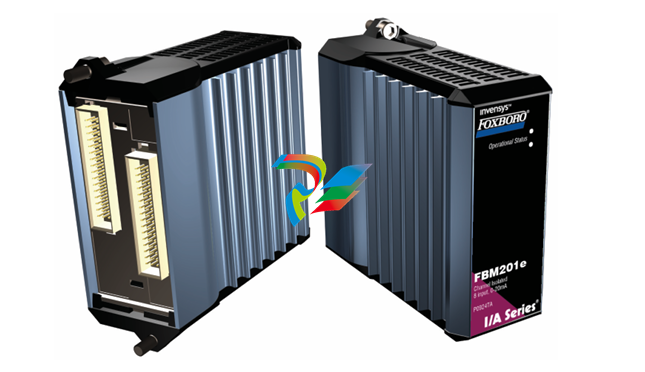
.jpg)
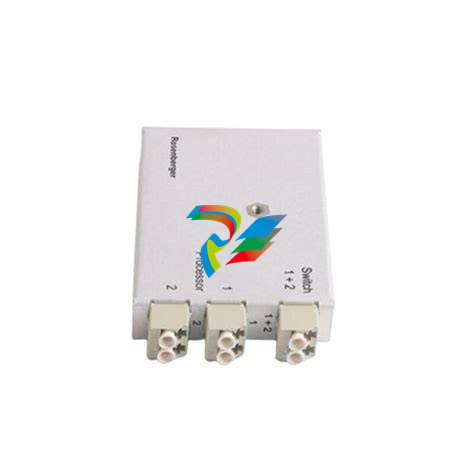
.jpg)
.jpg)
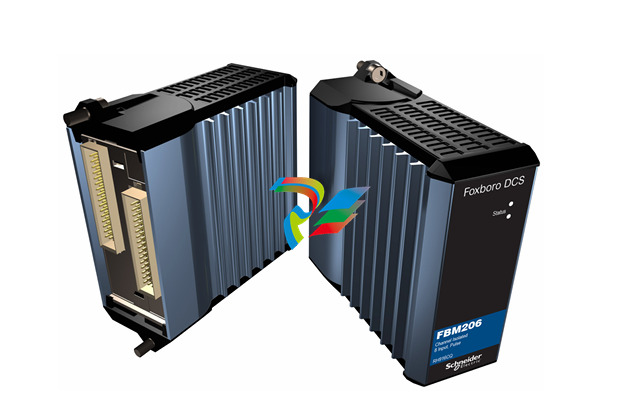
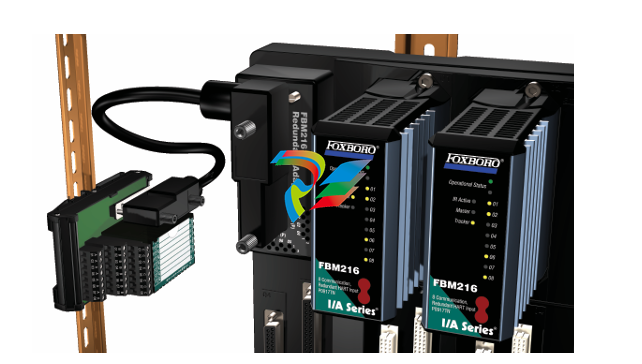
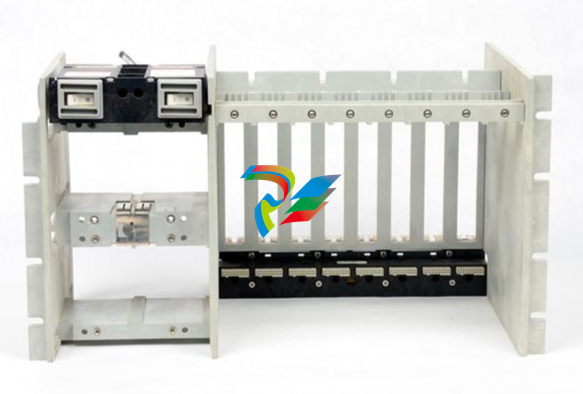
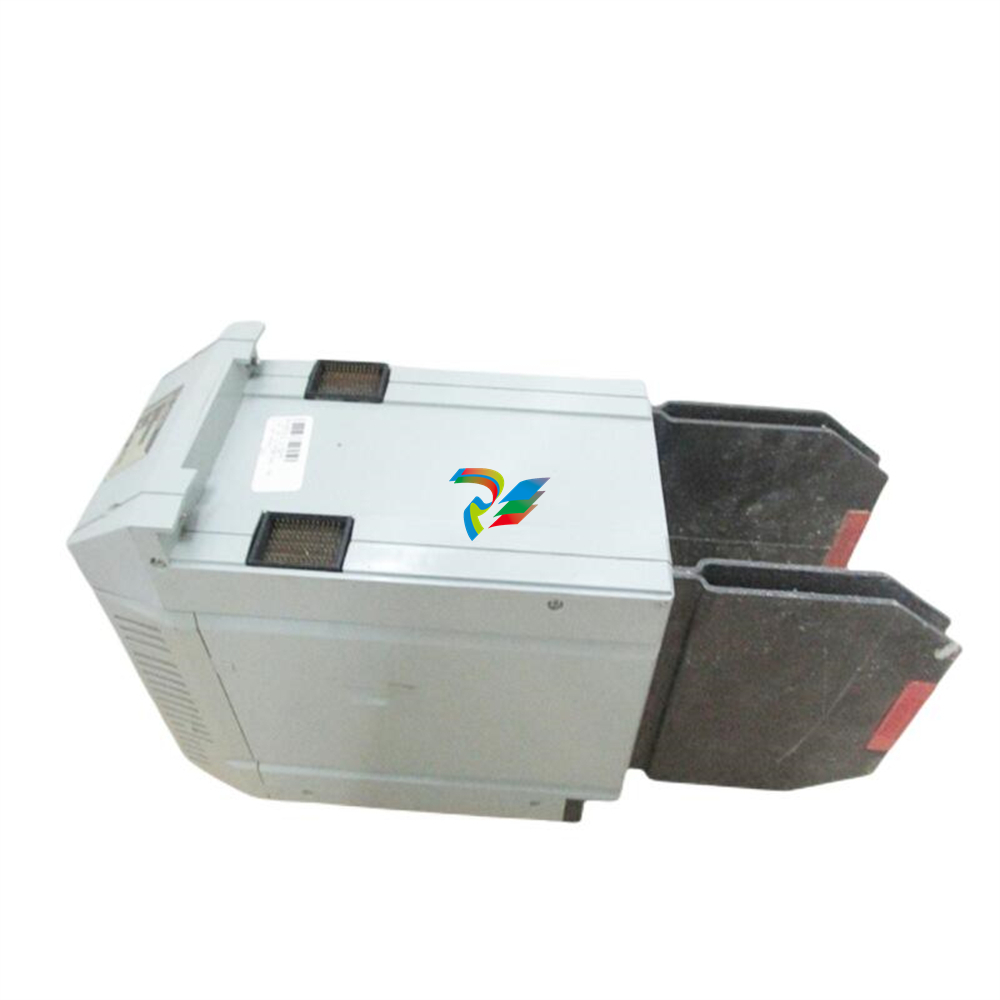
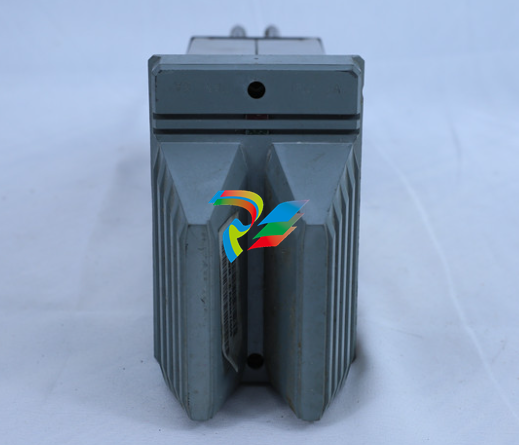
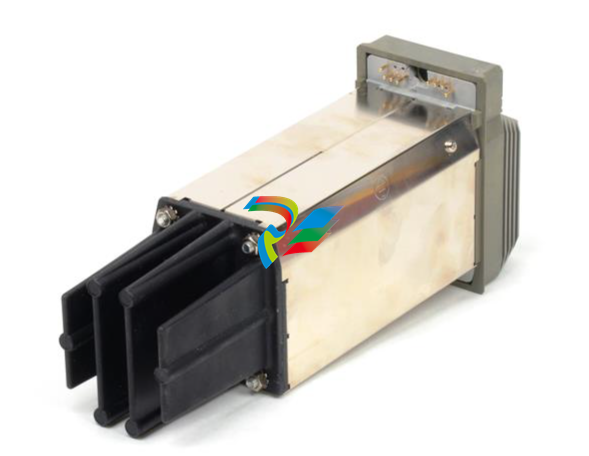
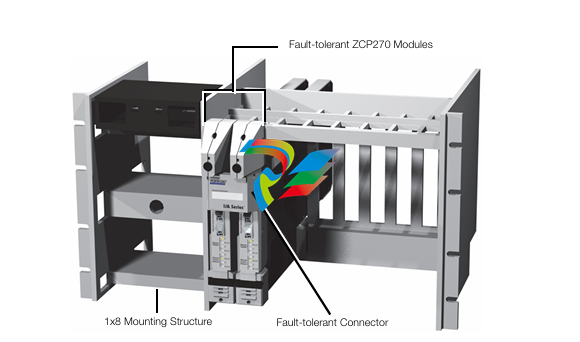
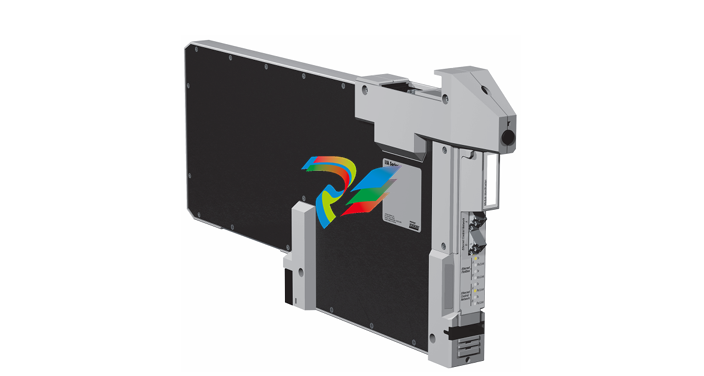
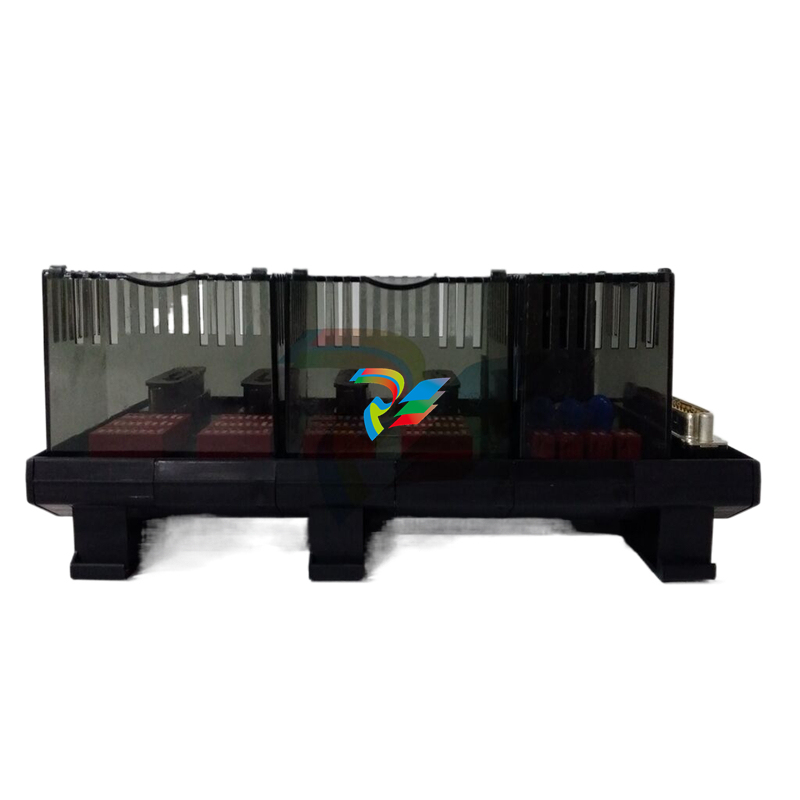
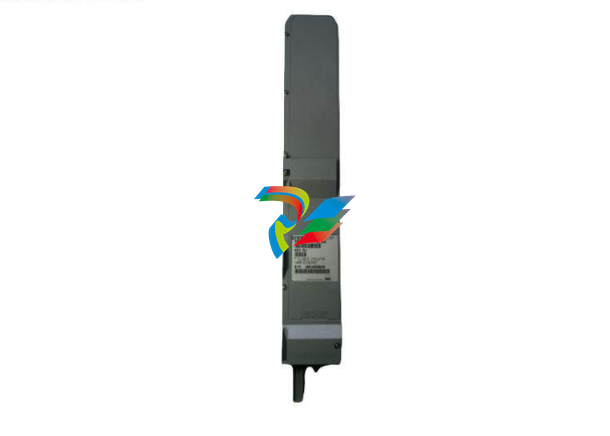
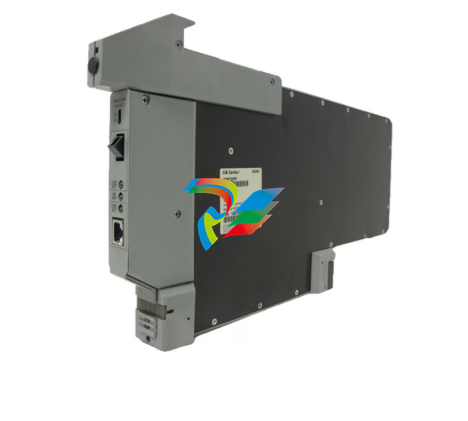
.jpg)
